Core
Creativity Activity and Service
Aims and Description
Creativity, activity, service (CAS) is at the heart of the DP. With its holistic approach, CAS is designed to strengthen and extend students’ personal and interpersonal learning. CAS is organized around the three strands of creativity, activity and service defined as follows. Creativity—exploring and extending ideas leading to an original or interpretive product or performance.
Activity—physical exertion contributing to a healthy lifestyle.
Service—collaborative and reciprocal engagement with the community in response to an authentic need.
CAS aims to develop students who:
- enjoy and find significance in a range of CAS experiences
- purposefully reflect upon their experiences
- identify goals, develop strategies and determine further actions for personal growth
- explore new possibilities, embrace new challenges and adapt to new roles
- actively participate in planned, sustained and collaborative CAS projects
- understand they are members of local and global communities with responsibilities towards each other and the environment.
A CAS experience is a specific event in which the student engages with one or more of the three CAS strands. It can be a single event or an extended series of events. A CAS project is a collaborative series of sequential CAS experiences lasting at least one month. Typically, a student’s CAS programme combines planned/unplanned singular and ongoing experiences. All are valuable and may lead to personal development. However, a meaningful CAS programme must be more than just a series of unplanned/singular experiences. Students must be involved in at least one CAS project during the programme.
Sample projects
- Creativity: A student group plans, designs and creates a mural.
- Activity: Students organize and participate in a sports team including training sessions and matches against other teams.
- Service: Students set up and conduct tutoring for people in need.
- Service and activity: Students plan and participate in the planting and maintenance of a garden with members of the local community.
- Creativity, activity and service: Students rehearse and perform a dance production for a community retirement home.
What is not CAS?
The spirit of CAS needs to be considered at all times. CAS should consist of an interesting variety of activities the student finds intrinsically worthwhile and rewarding, and which is mutually beneficial to the student and his or her community. Generally, CAS is not taking place when the student is in a passive rather than active role. There should be interaction. If the student is passive, nothing of real value, either for the student or for other people, results from what the student is doing; no real reflection is possible. In such circumstances the student will be able to meet the programme objectives only to a very limited extent.
Examples of activities which, at first sight, would appear to be inappropriate:
- Any class or activity or project which is already a part of the student’s Diploma Programme course.
- An activity for which a student is personally rewarded financially.
- Doing simple tedious and repetitive work, like returning school library books to shelves.
- Babysitting or tutoring.
- Working in an elderly or children’s home when the student has no idea of how the home operates or is just preparing food or has no contact with the elderly or children.
- A passive pursuit such as a visit to a museum, the theatre, art exhibition, concert or sports event, unless it clearly inspires work in a related activity in which a student is already engaged.
- All forms of duty within the family.
- Religious devotion and any activity which can be interpreted as proselytizing.
- Work experience which only benefits the student.
- Fundraising with no clearly defined end in sight.
- An activity where there is no leader or responsible adult on site.
- Activities that cause division among different groups in the community.
- An activity done in consecutive years with no ‘new task/challenge’ involved.
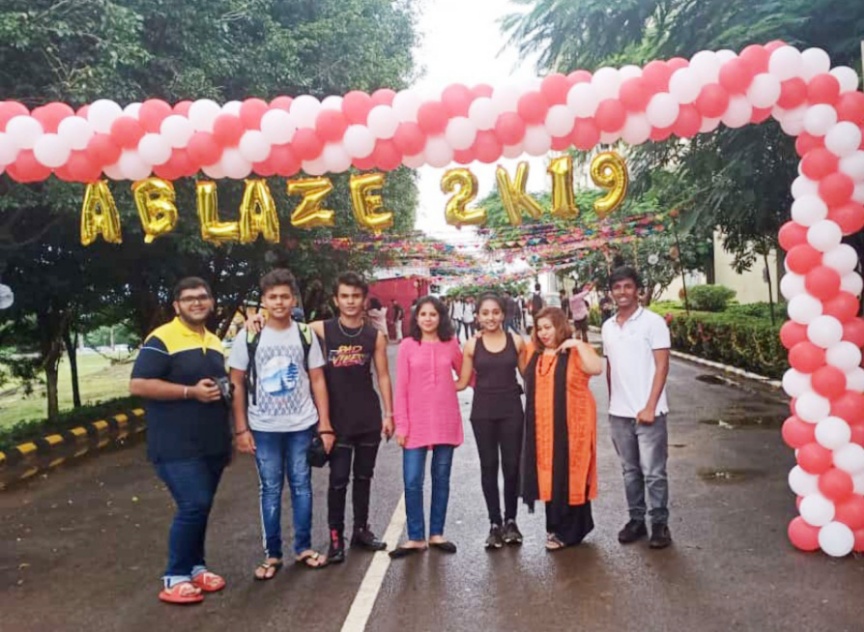
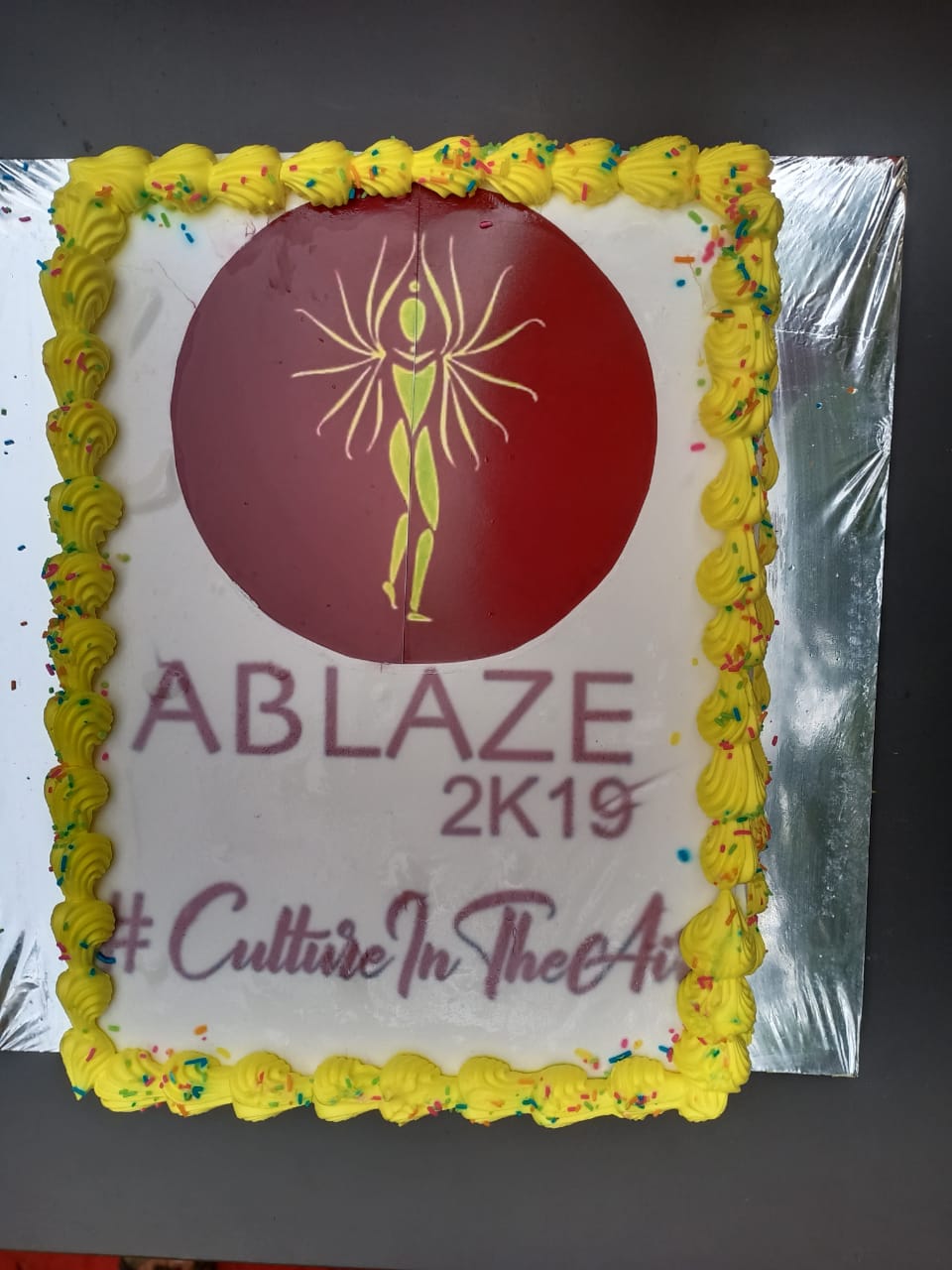
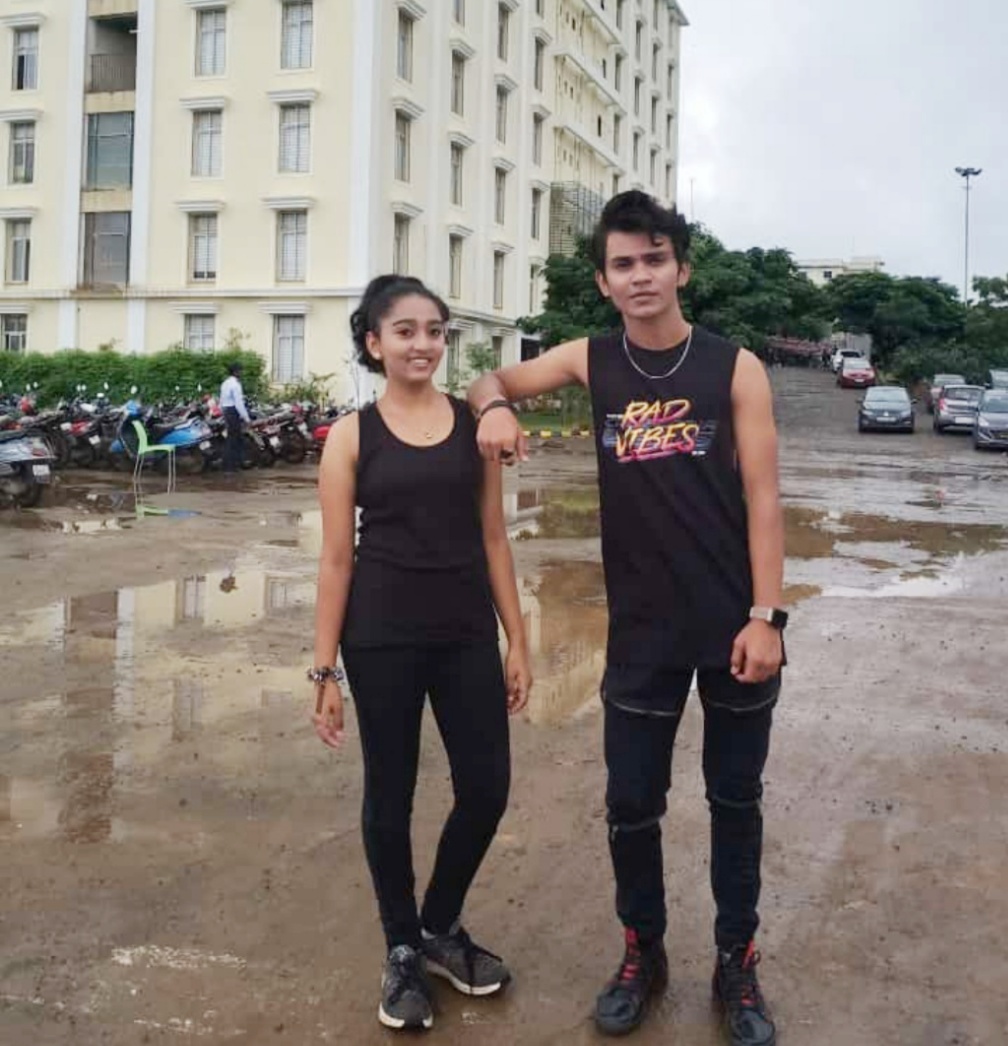
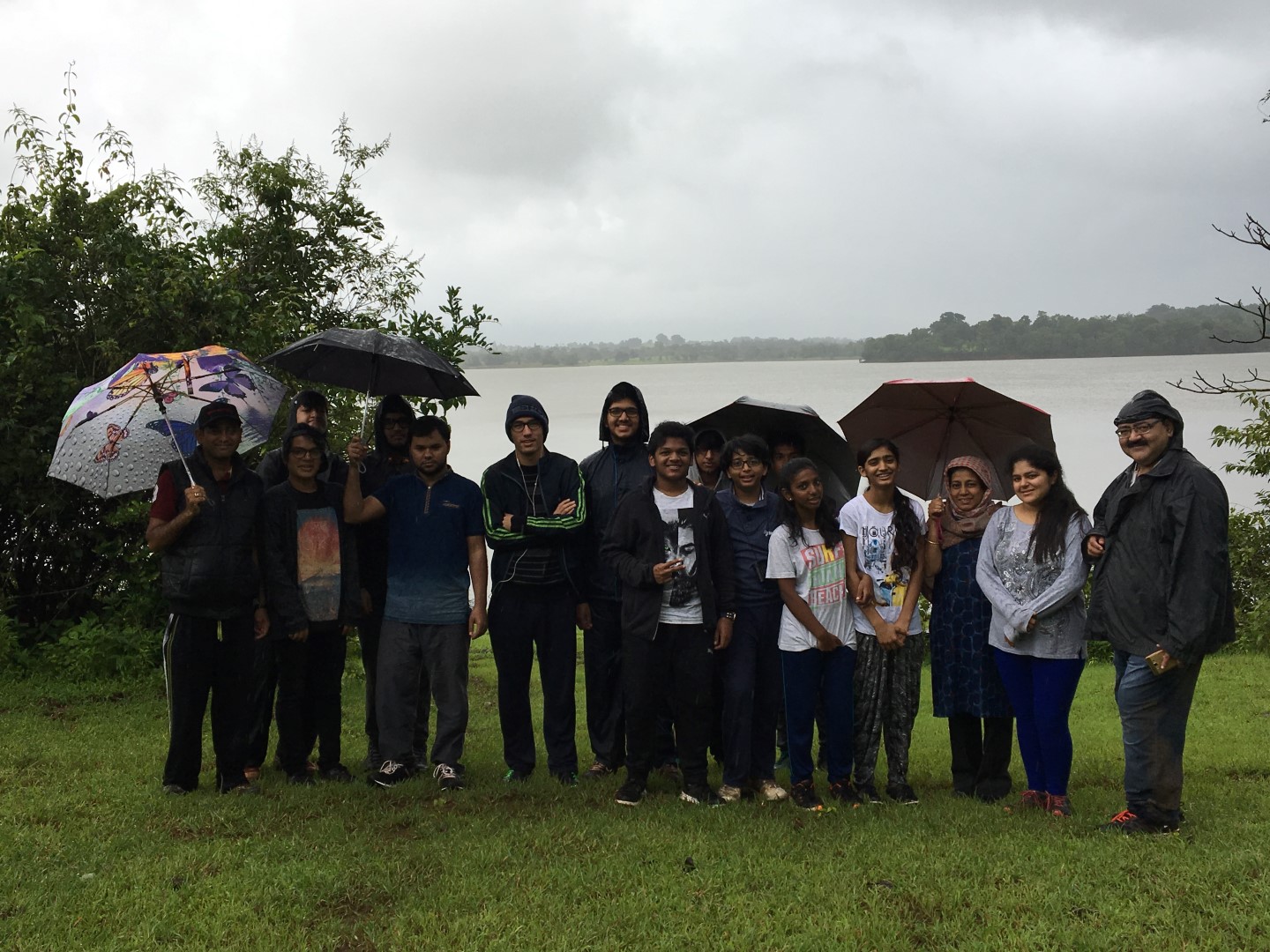
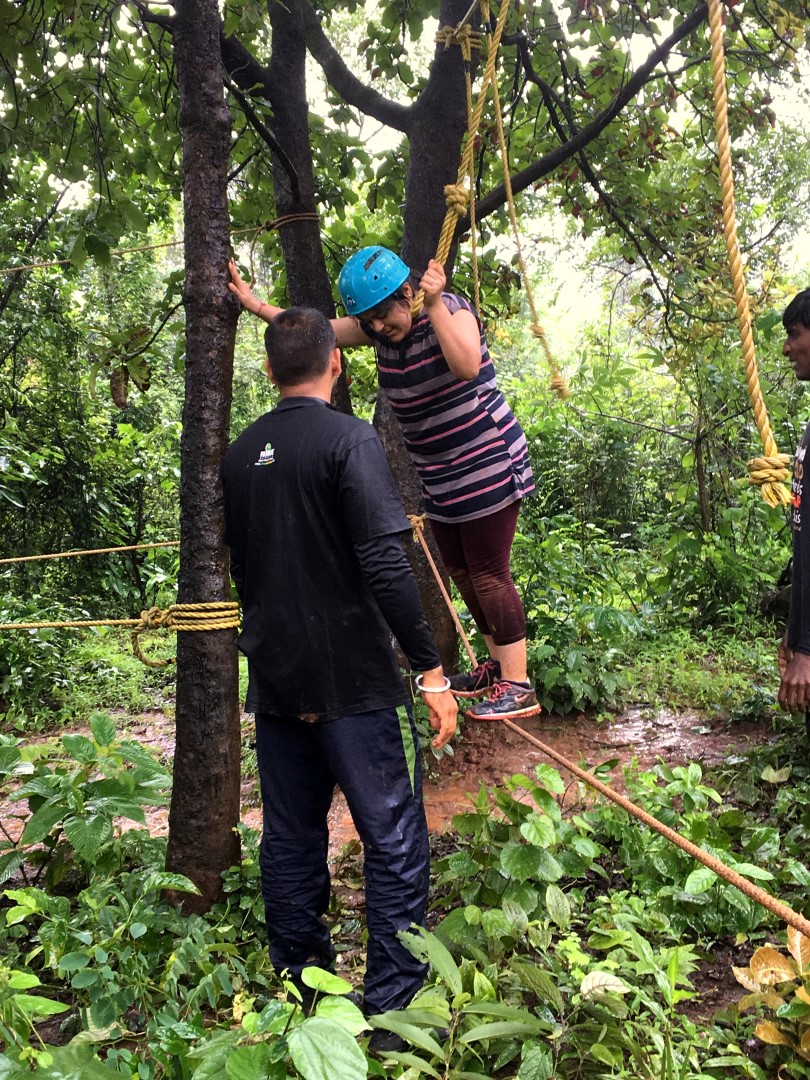
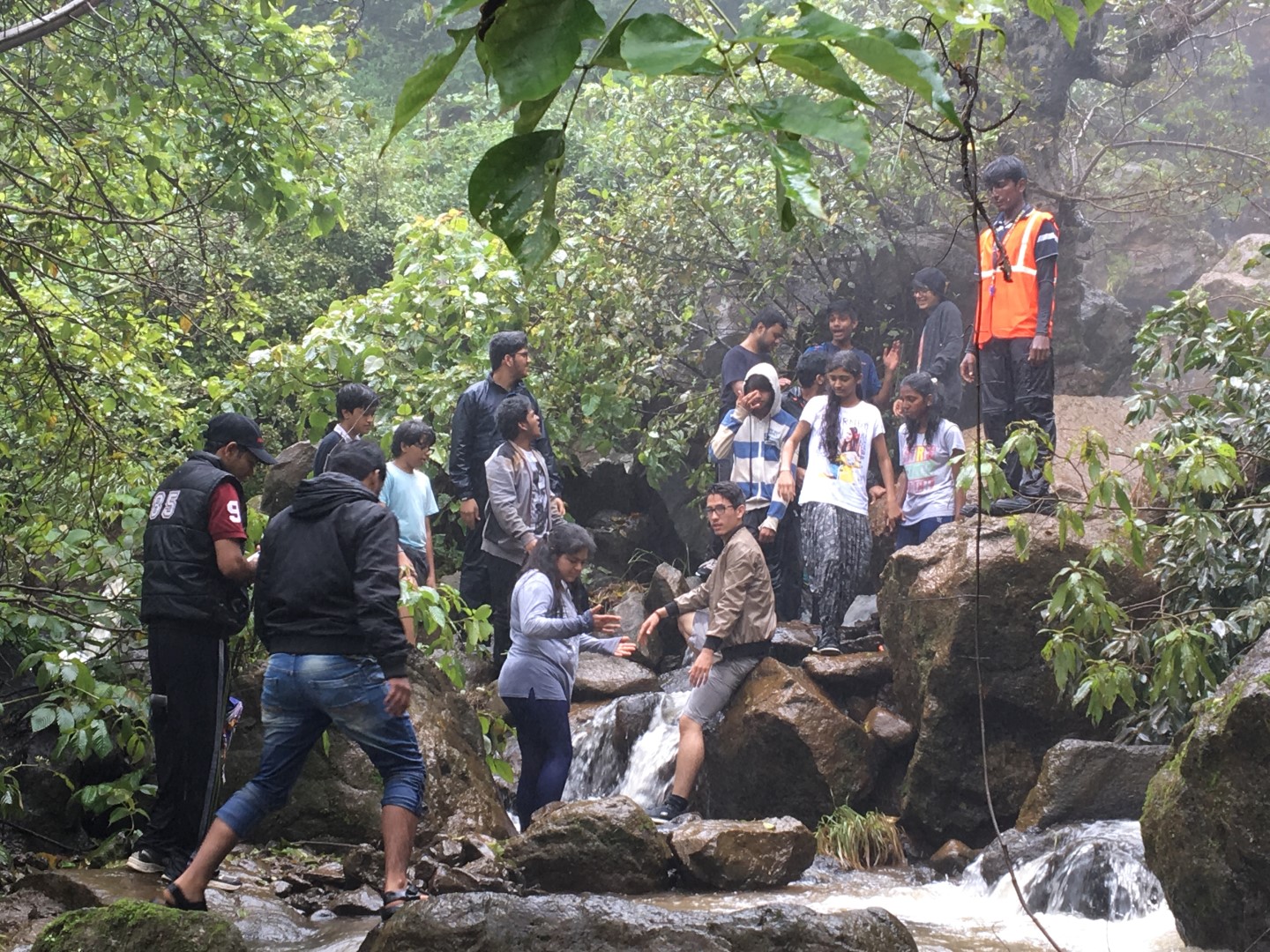
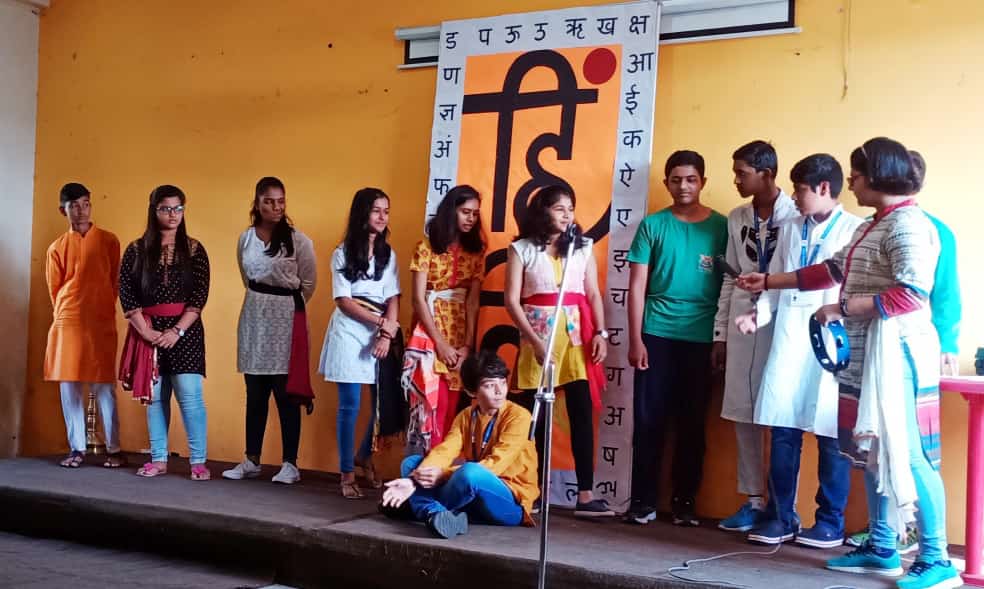
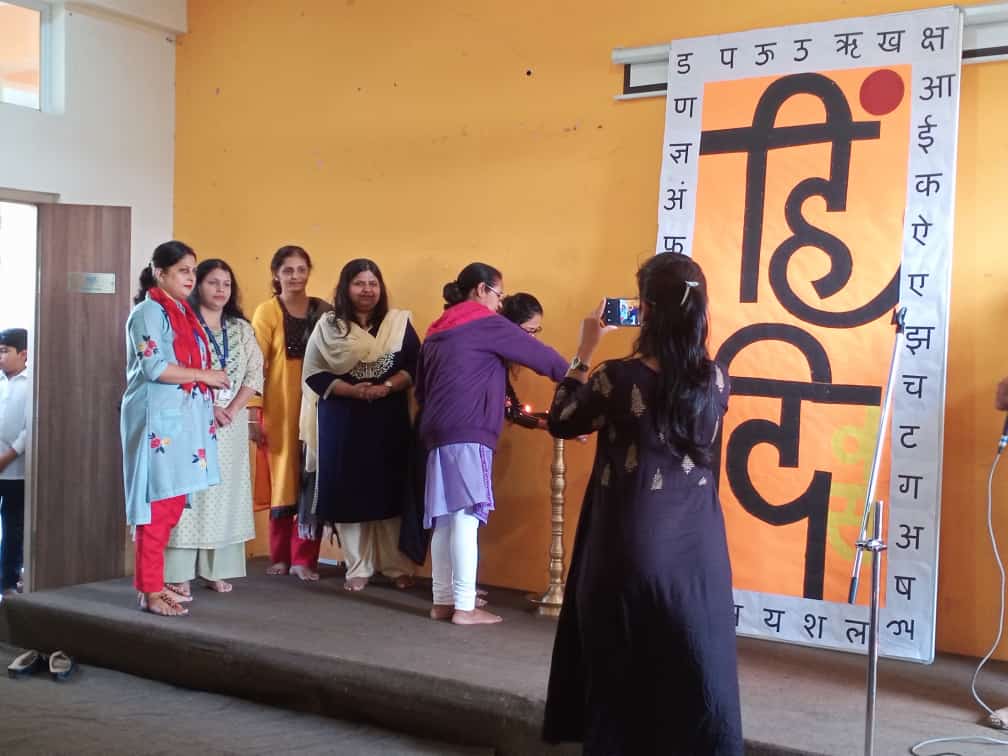
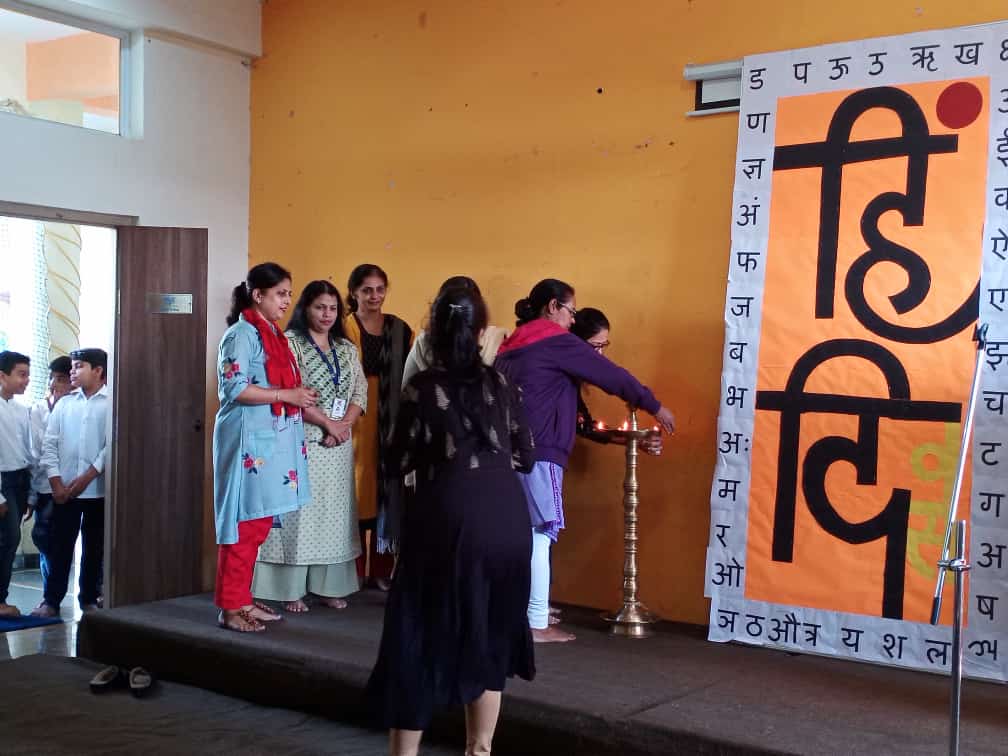
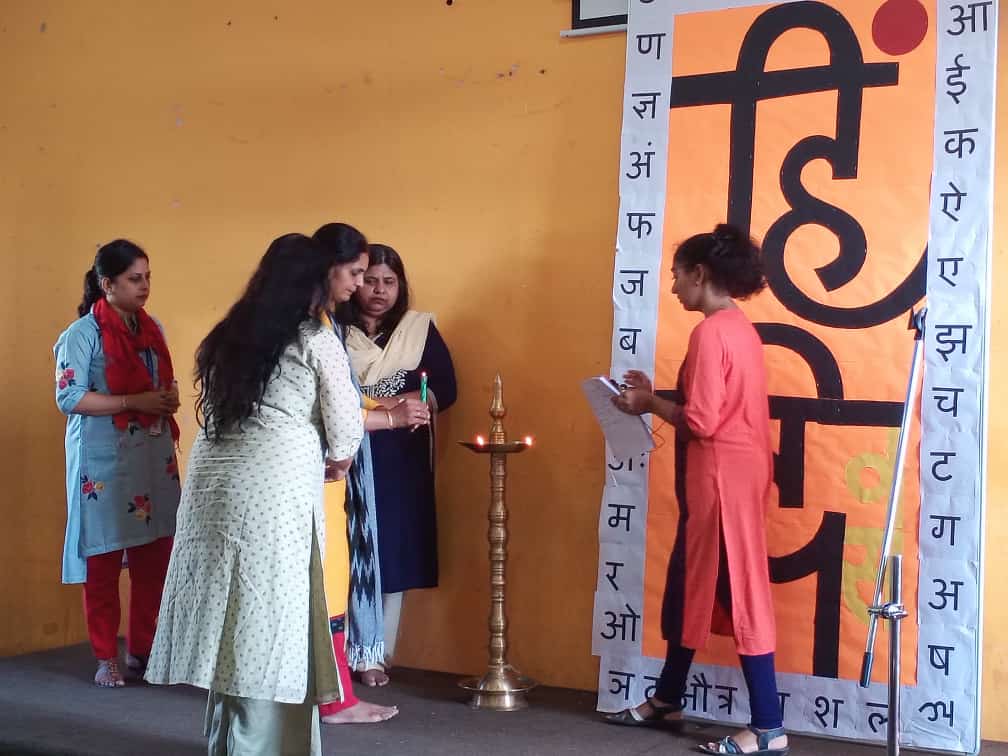
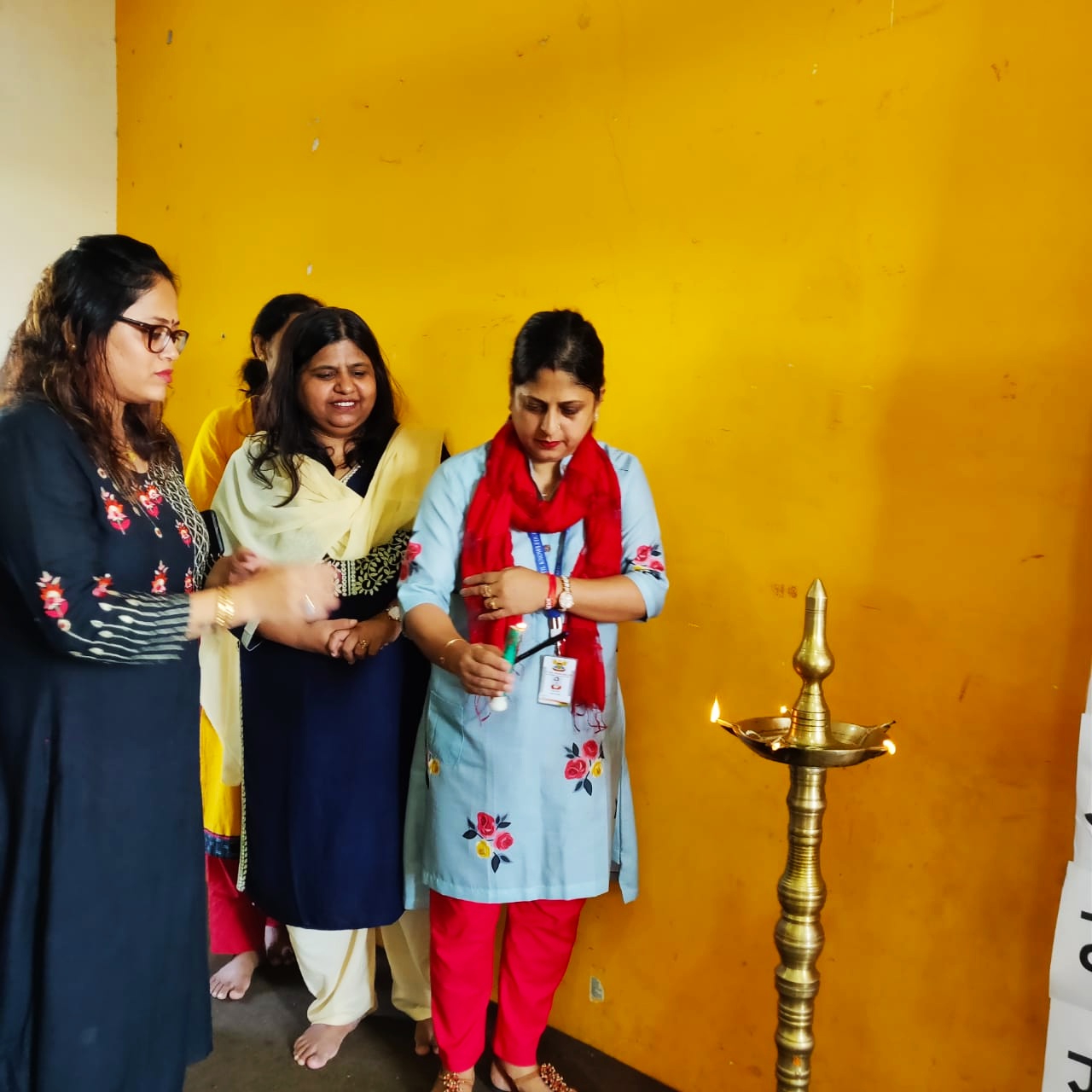
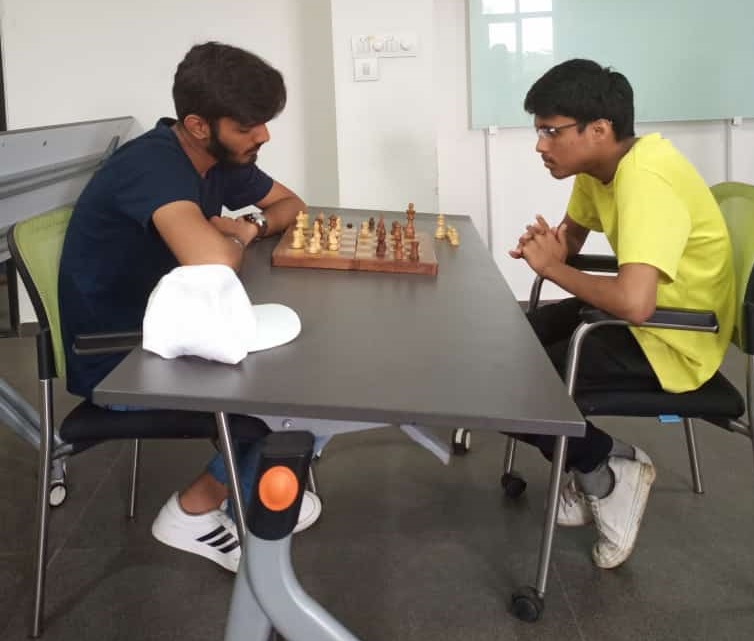
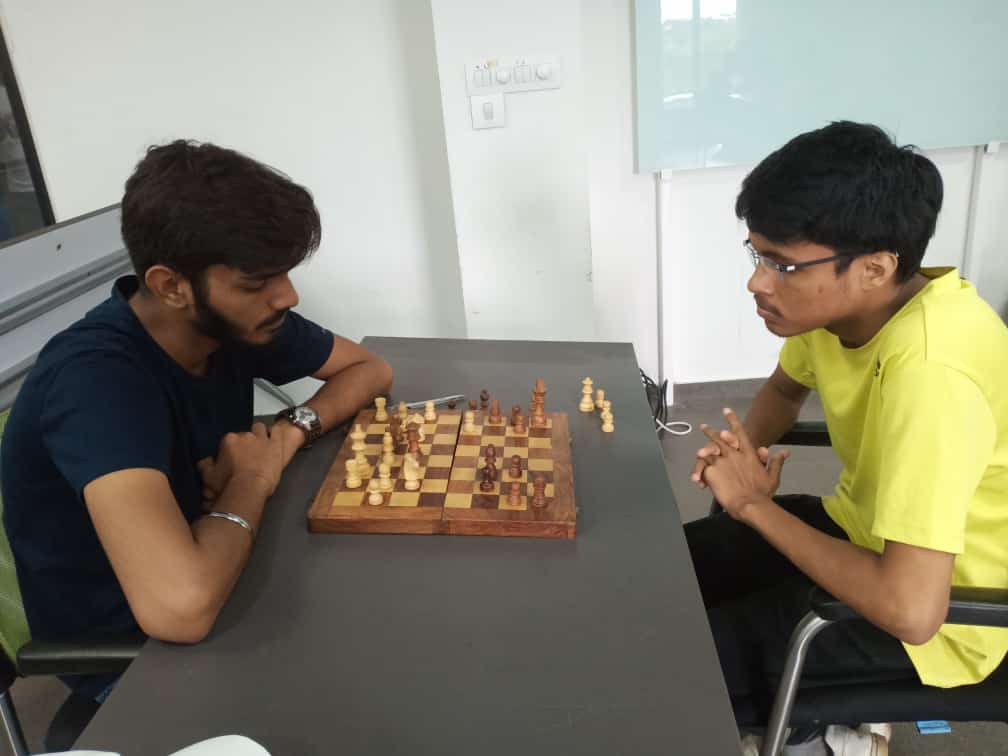
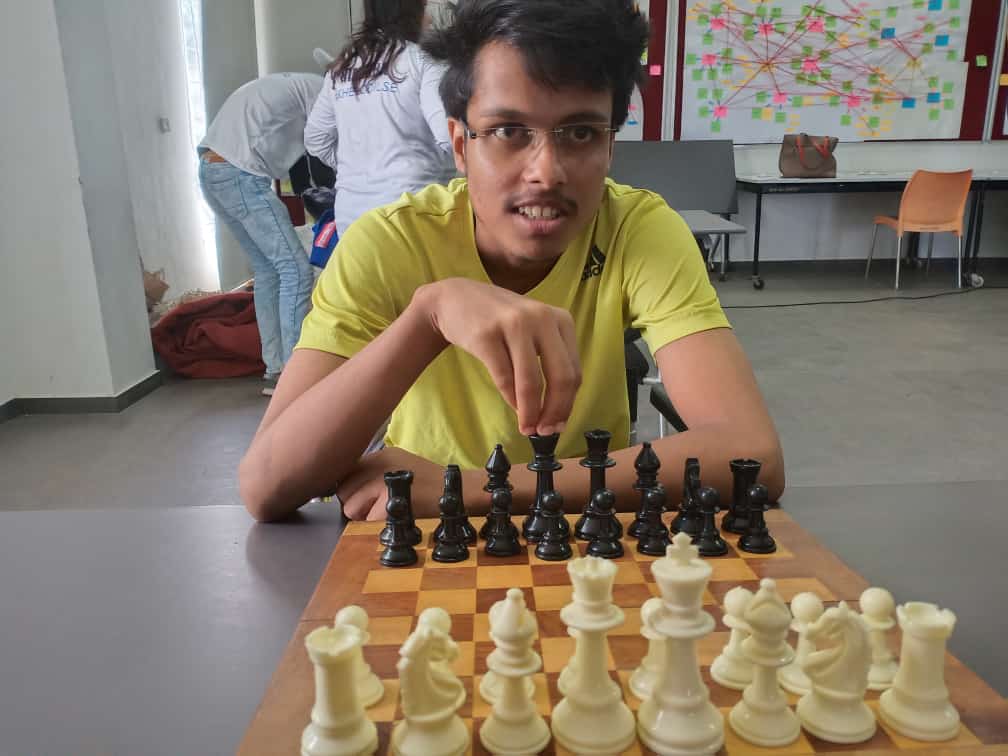
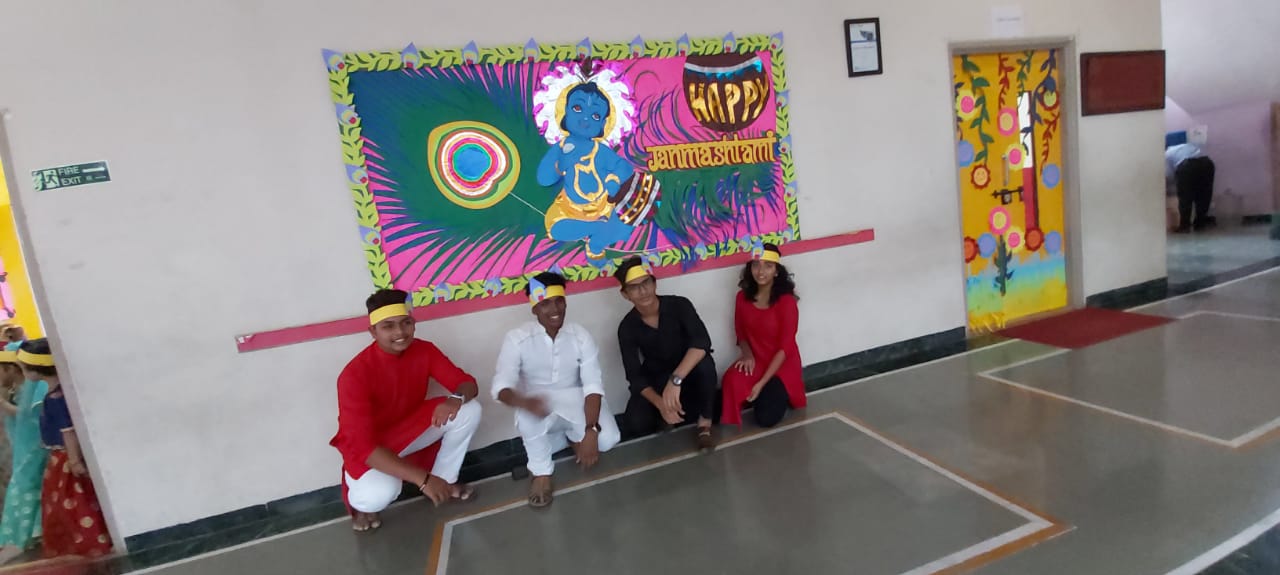
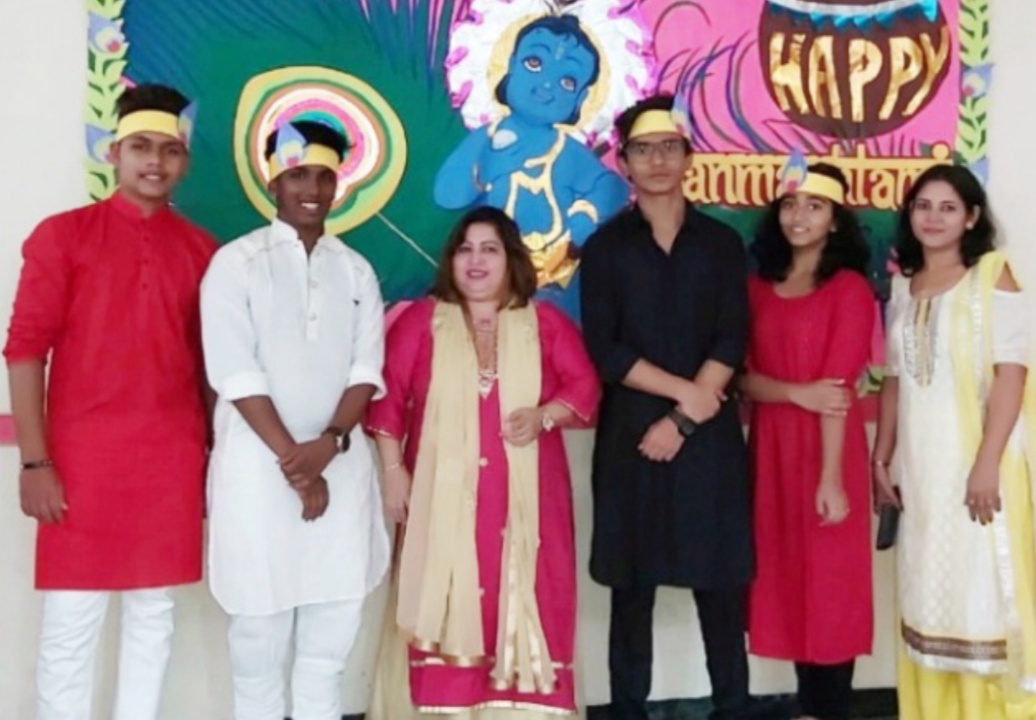
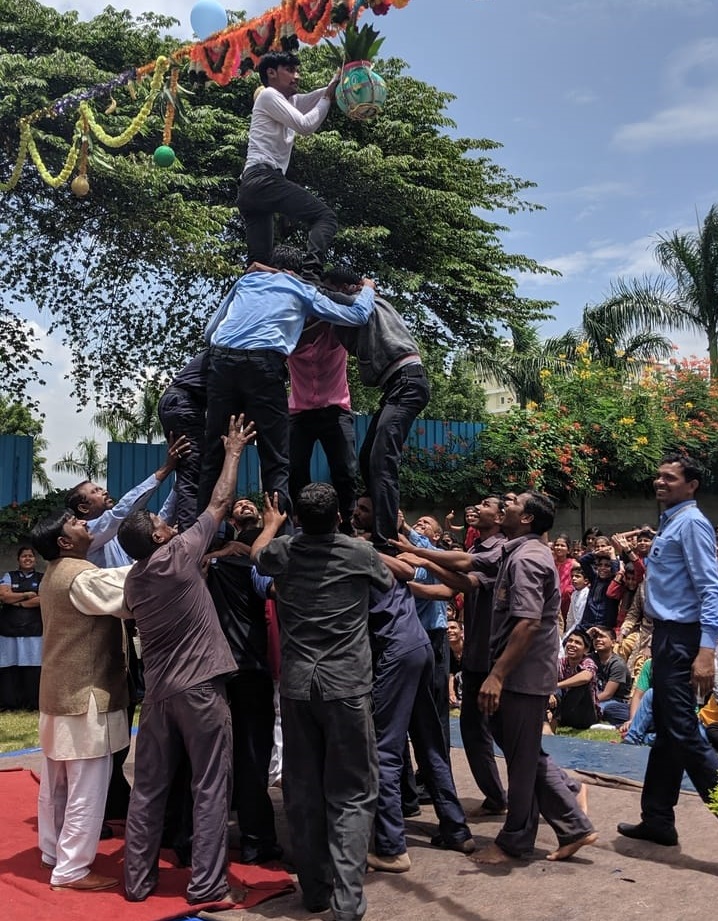
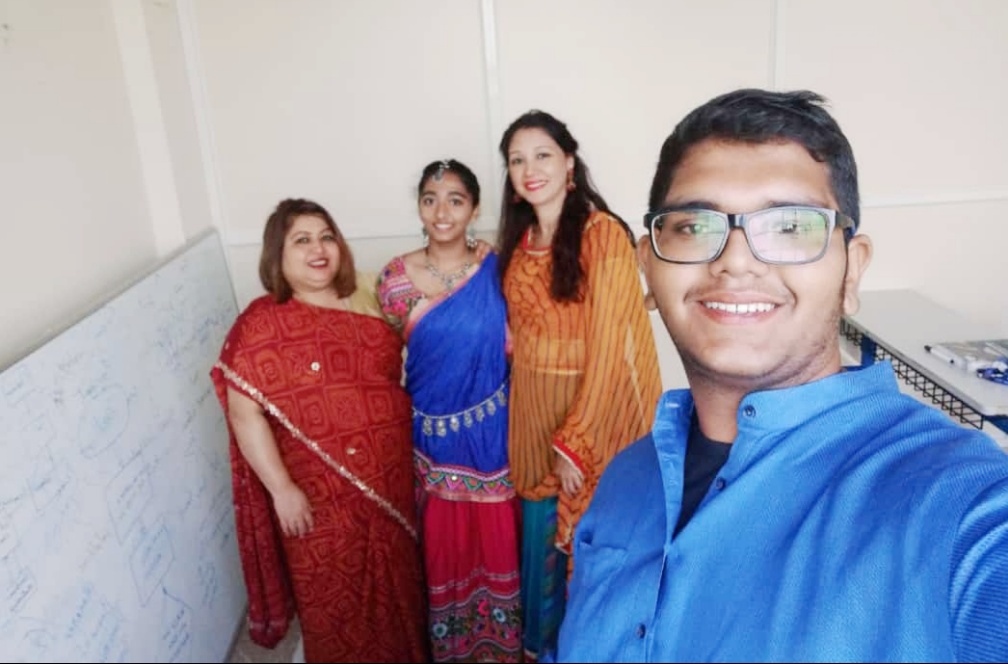
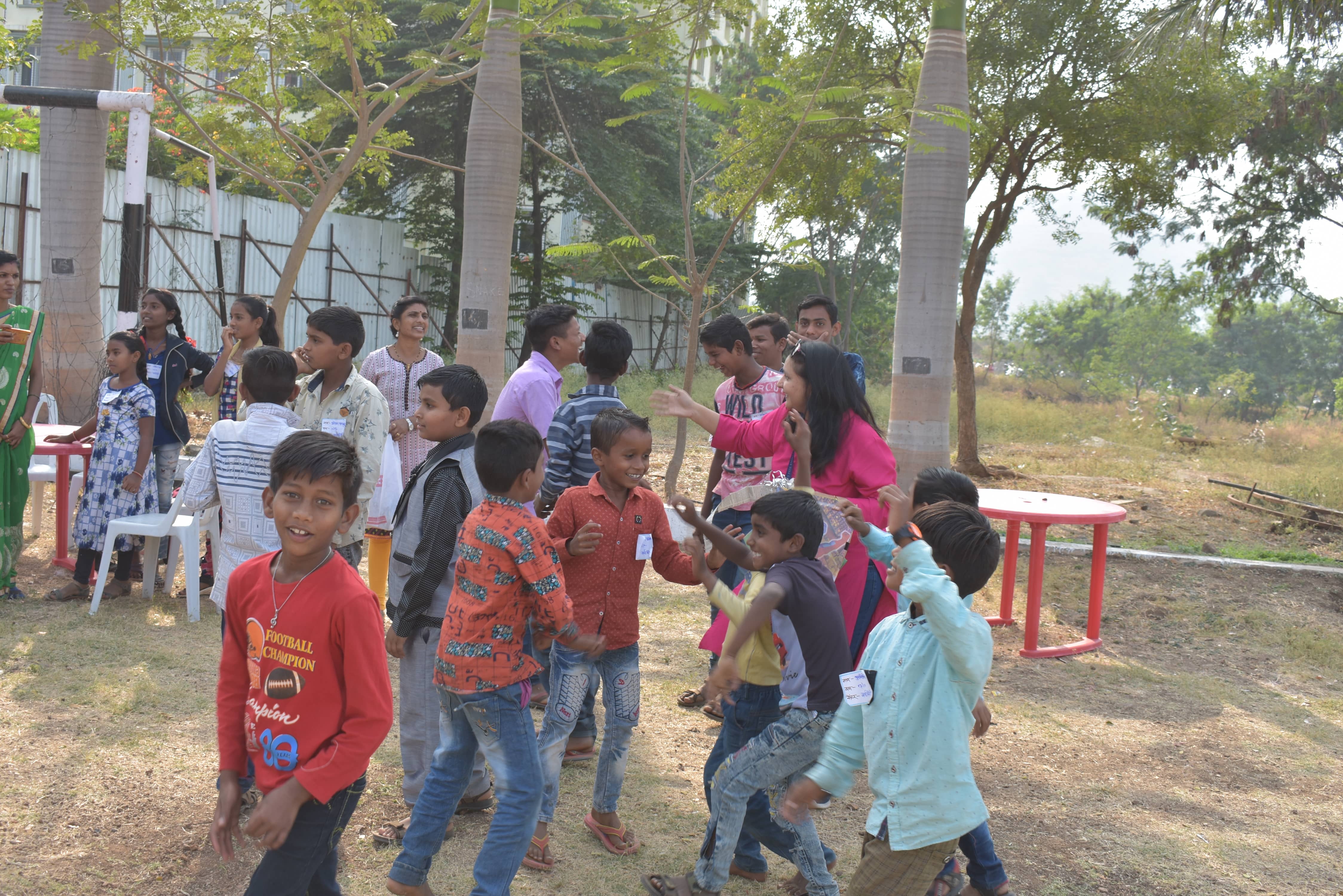
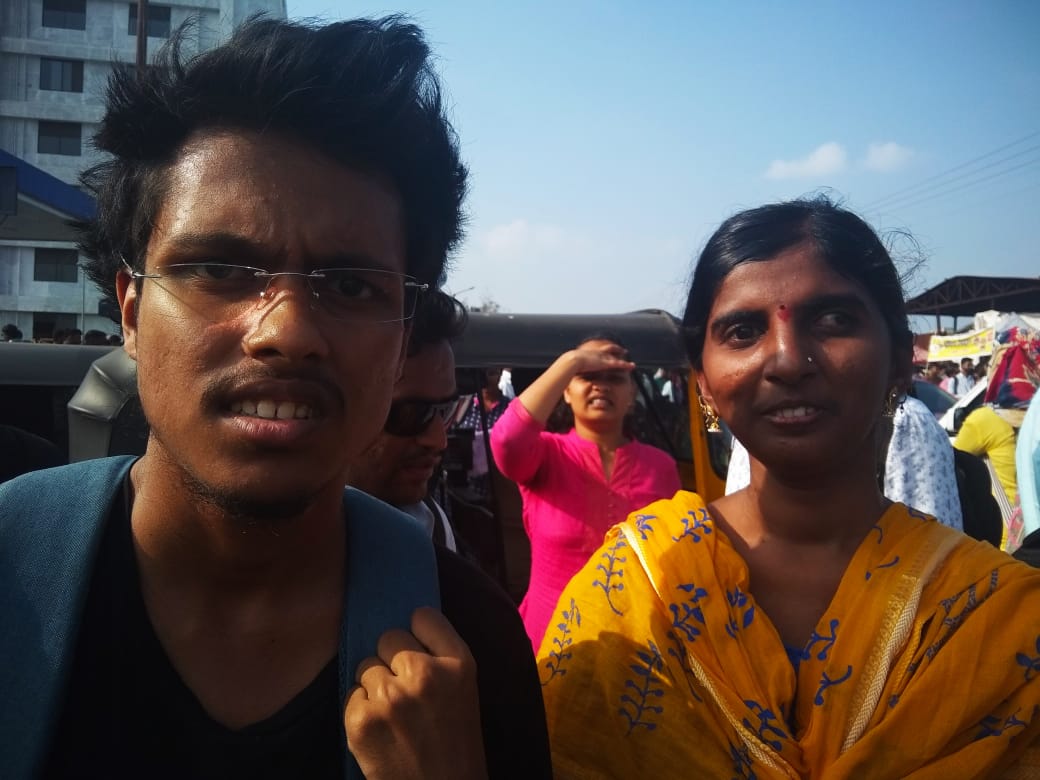
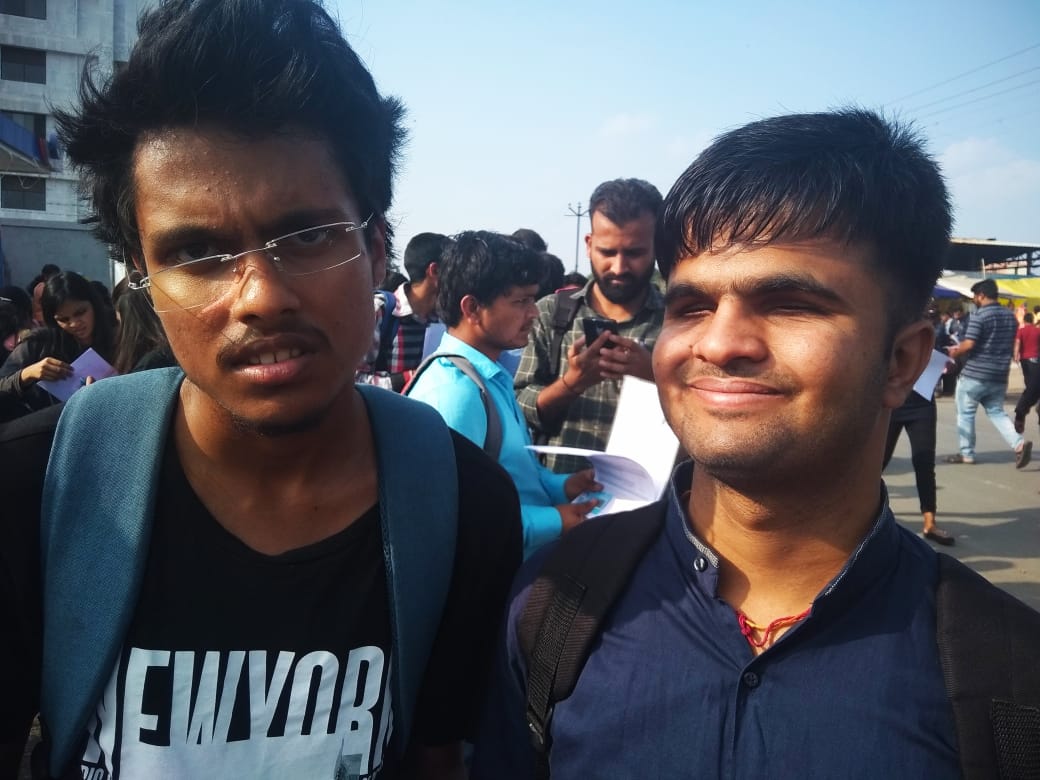
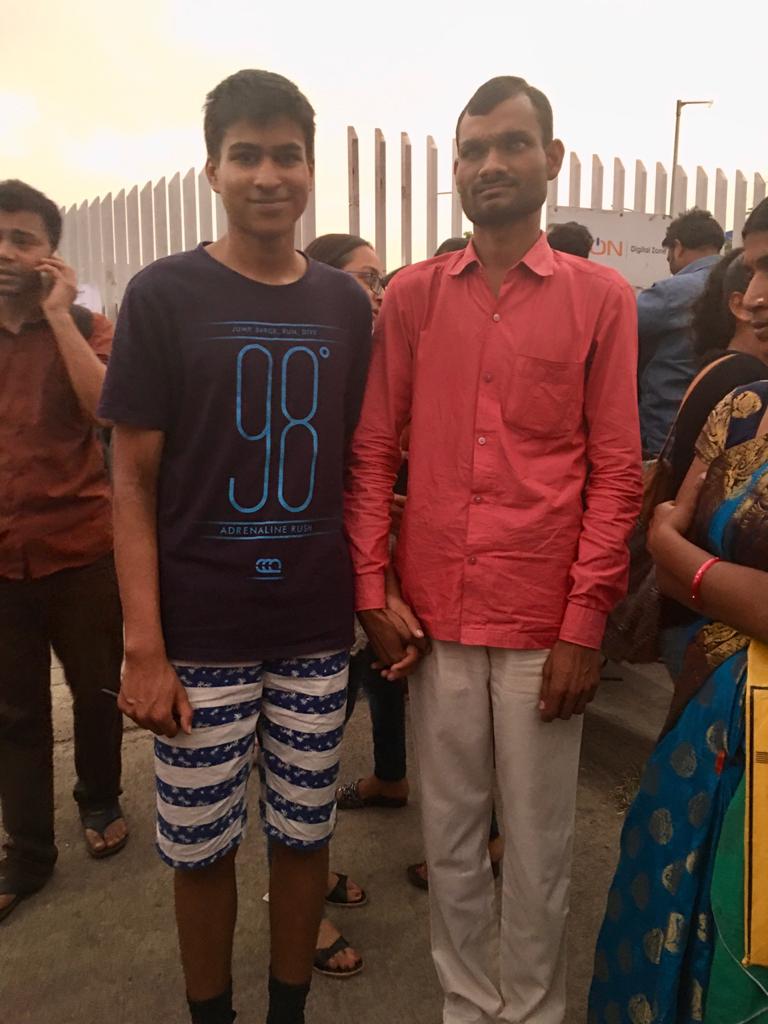
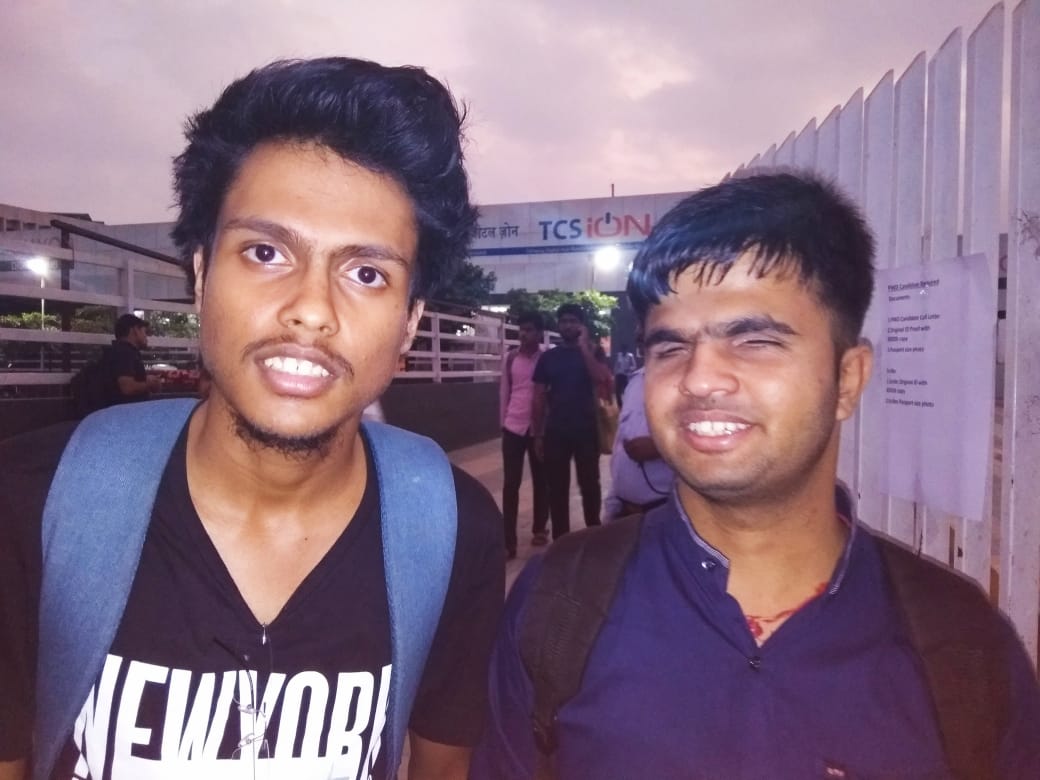
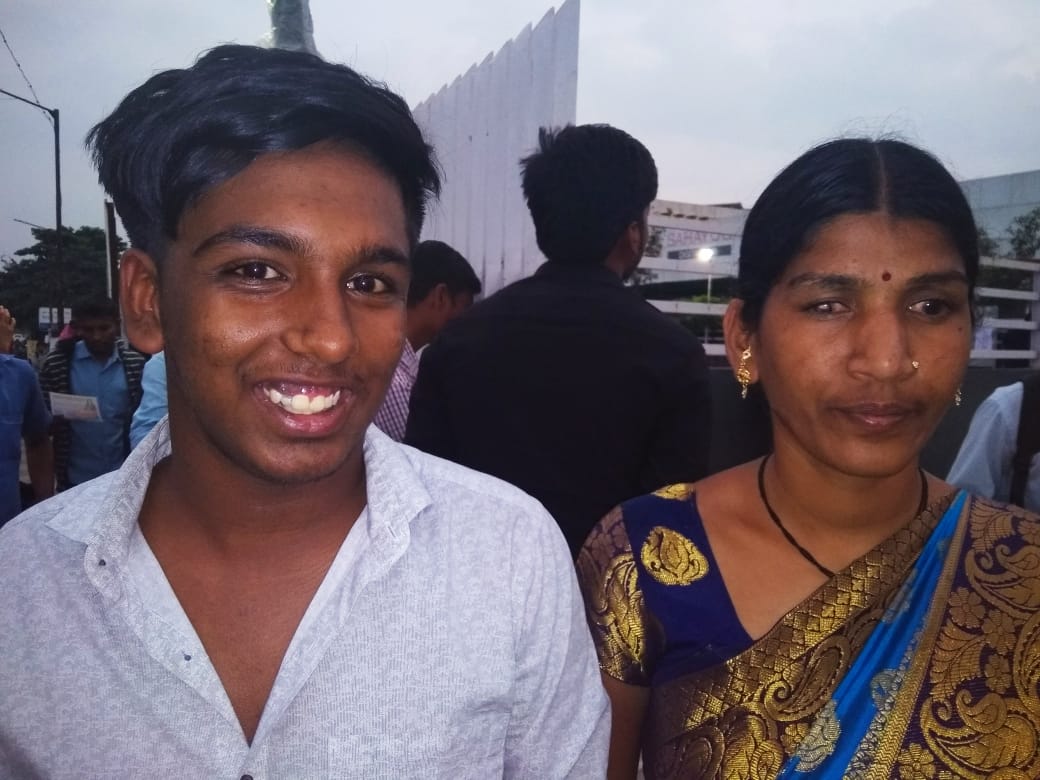
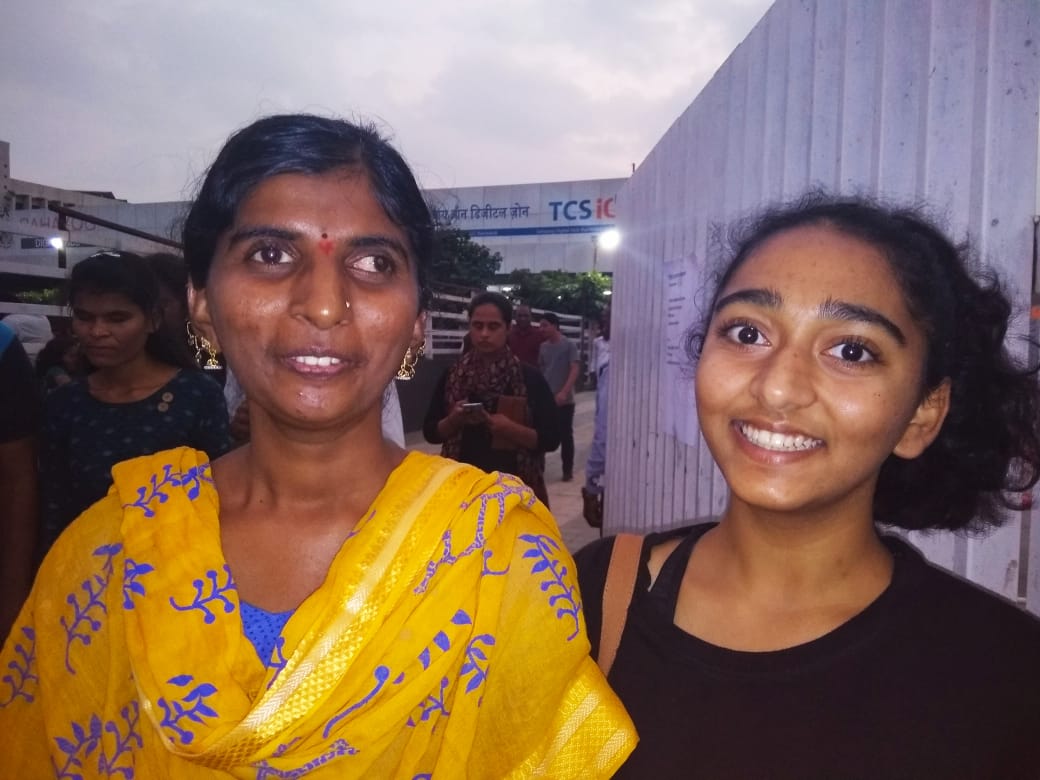
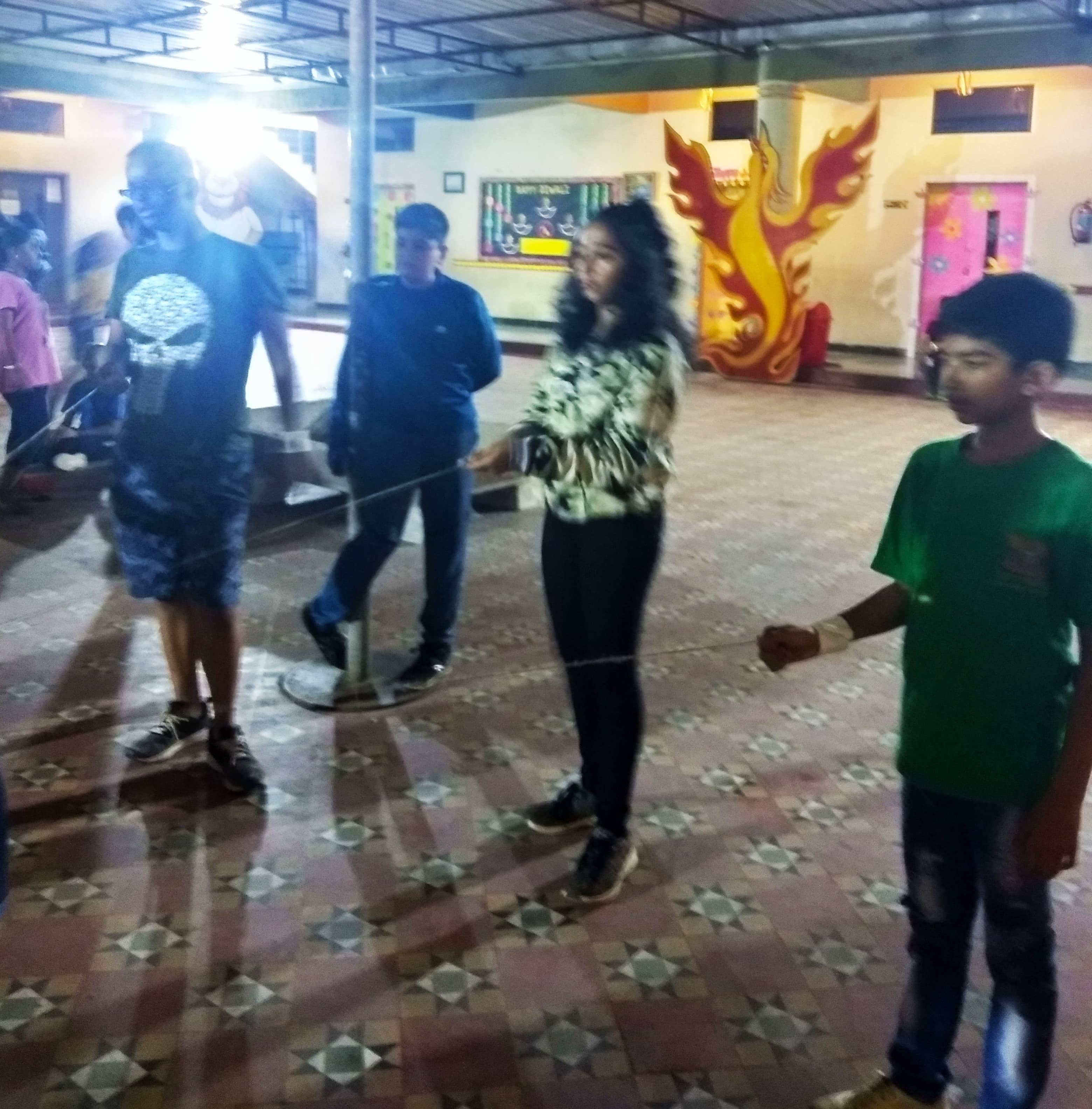
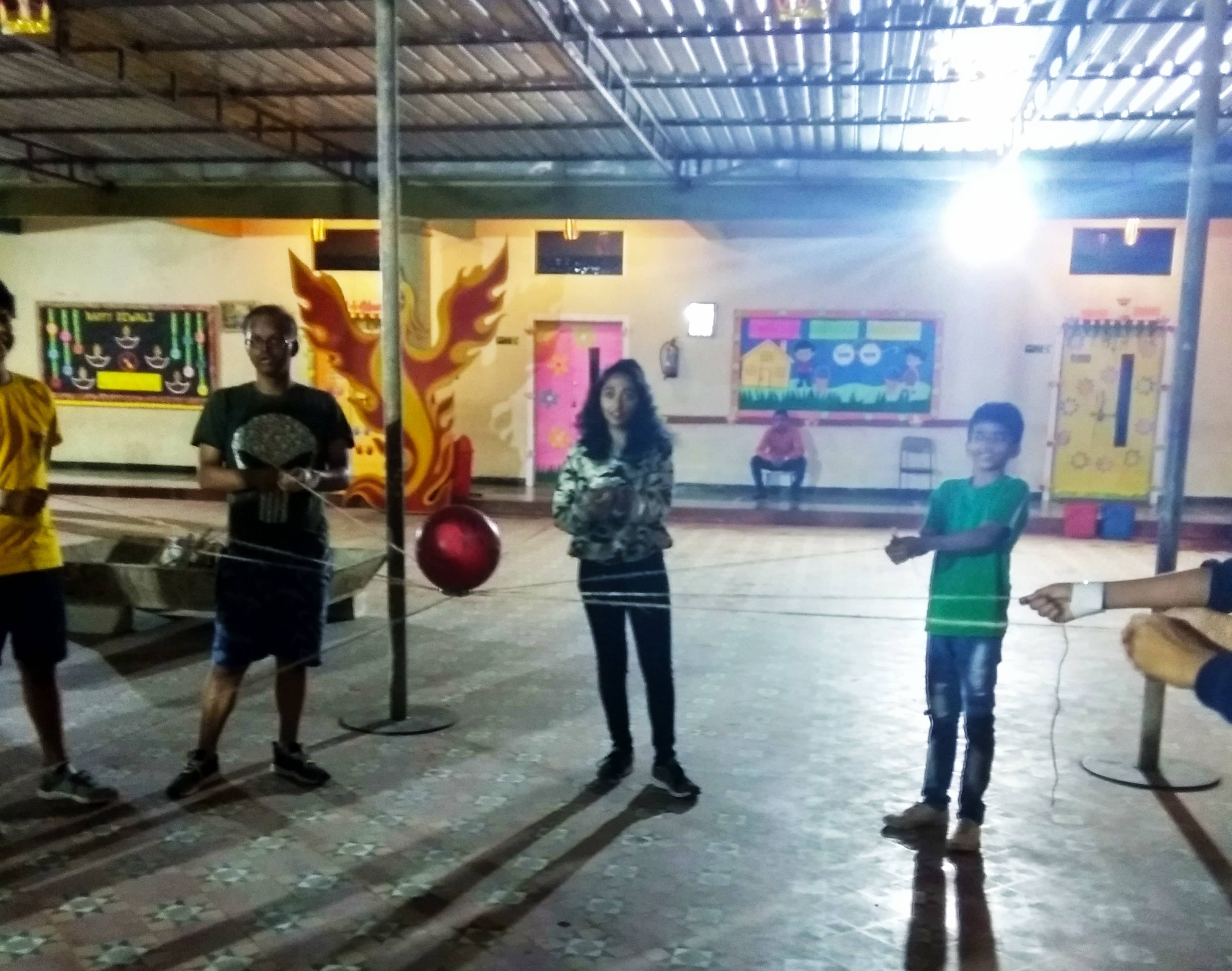
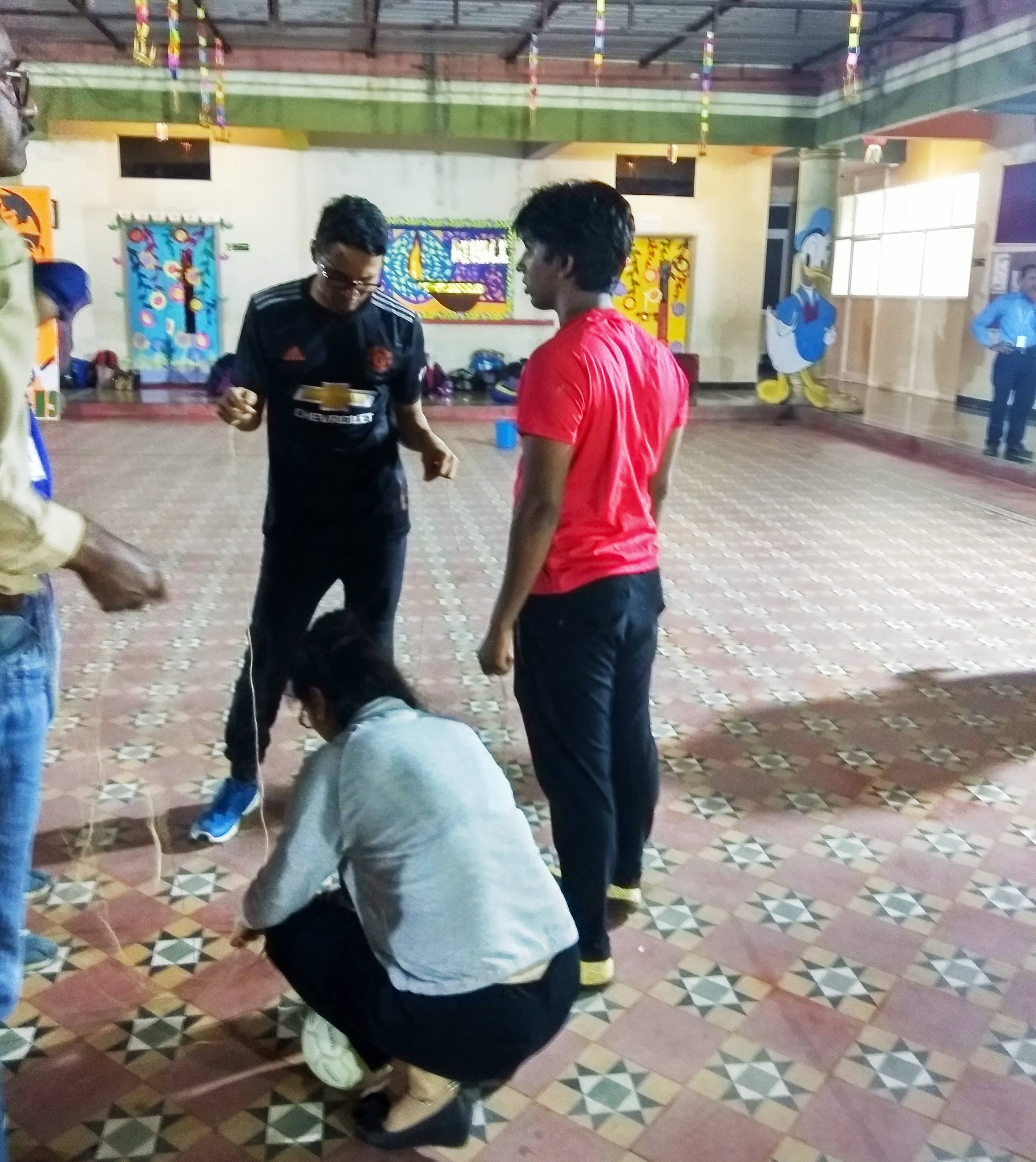
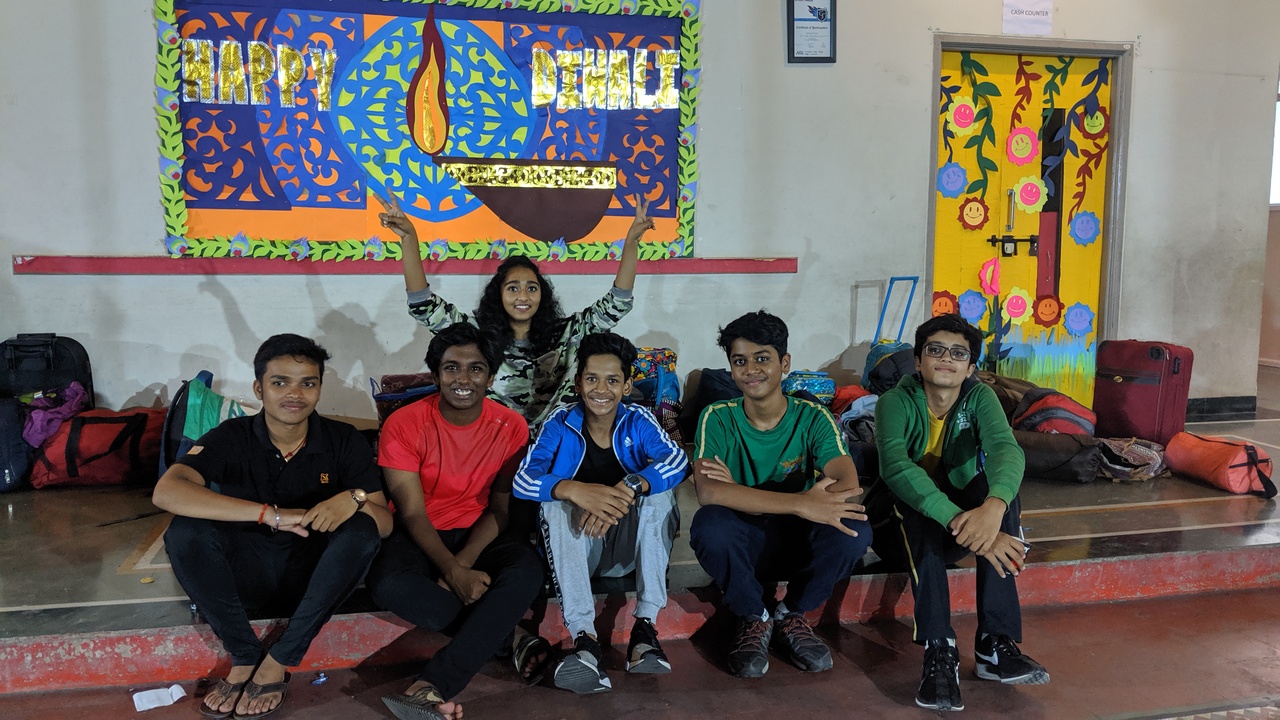
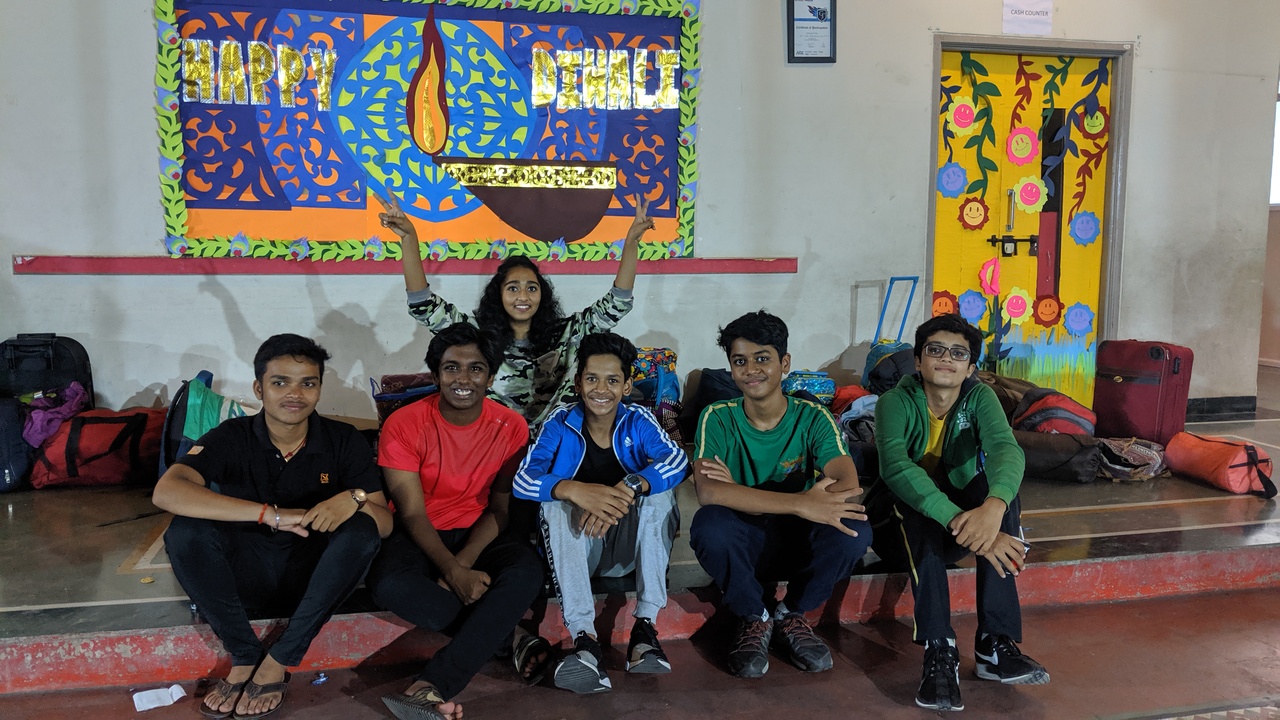
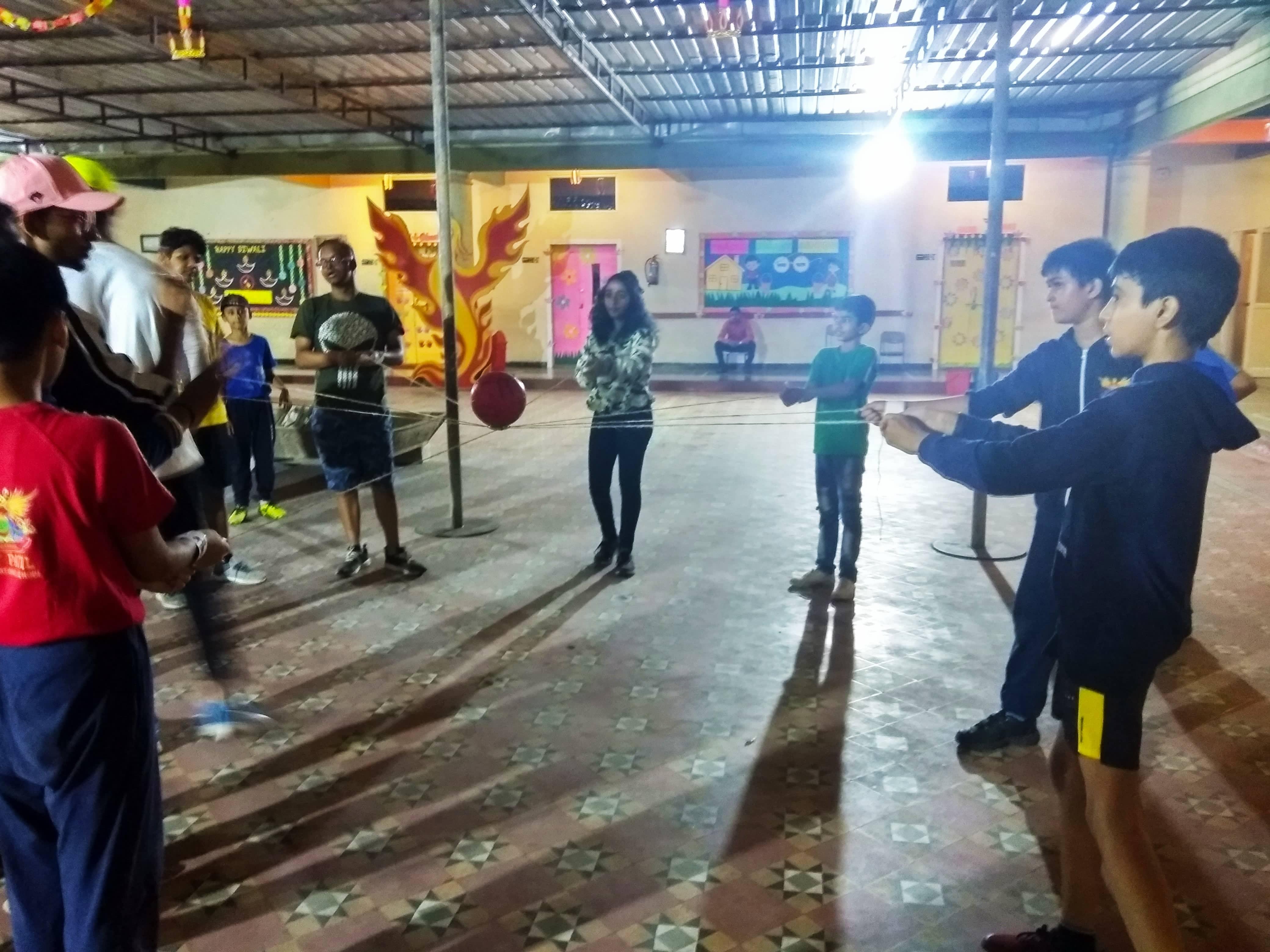
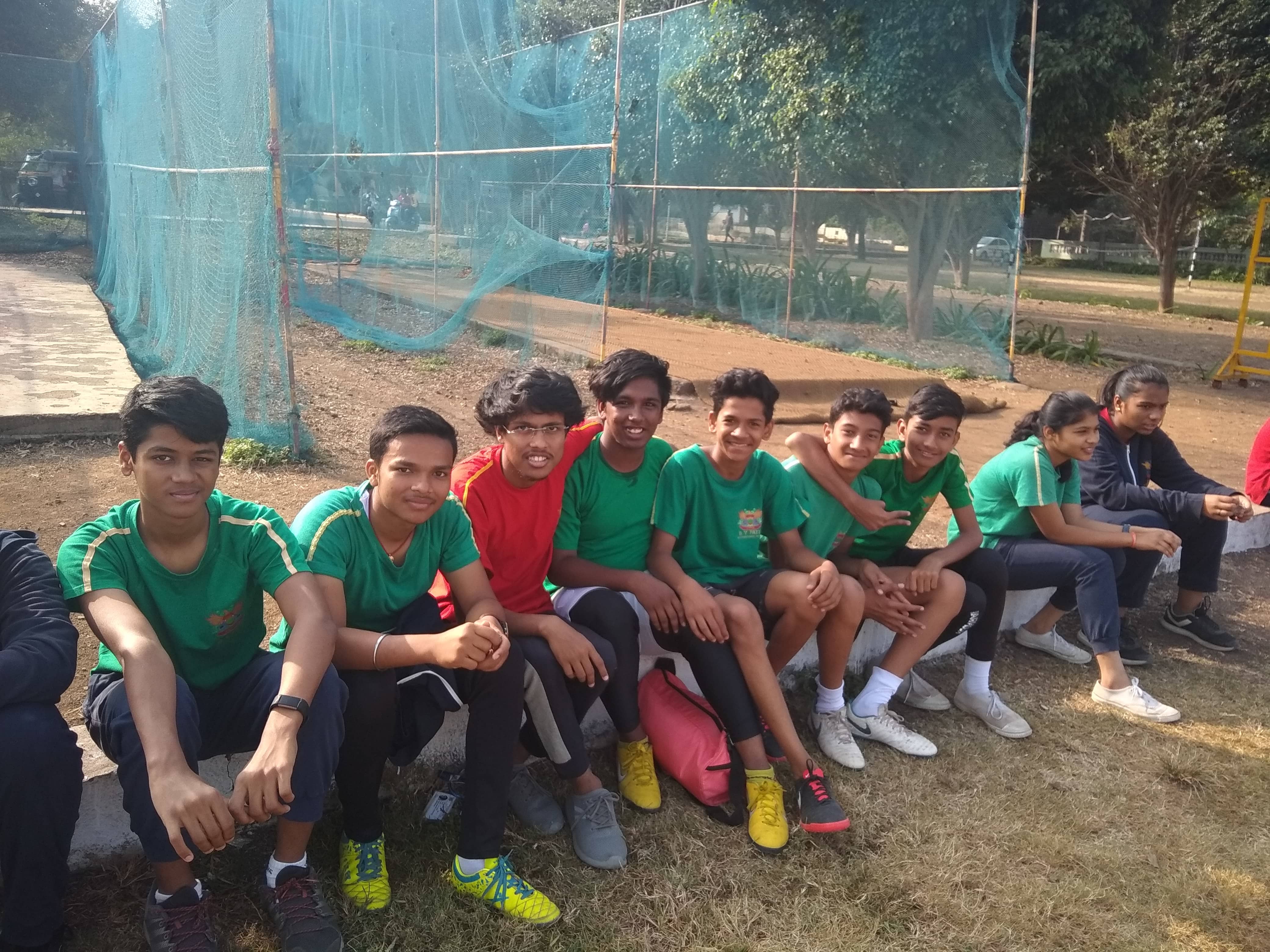
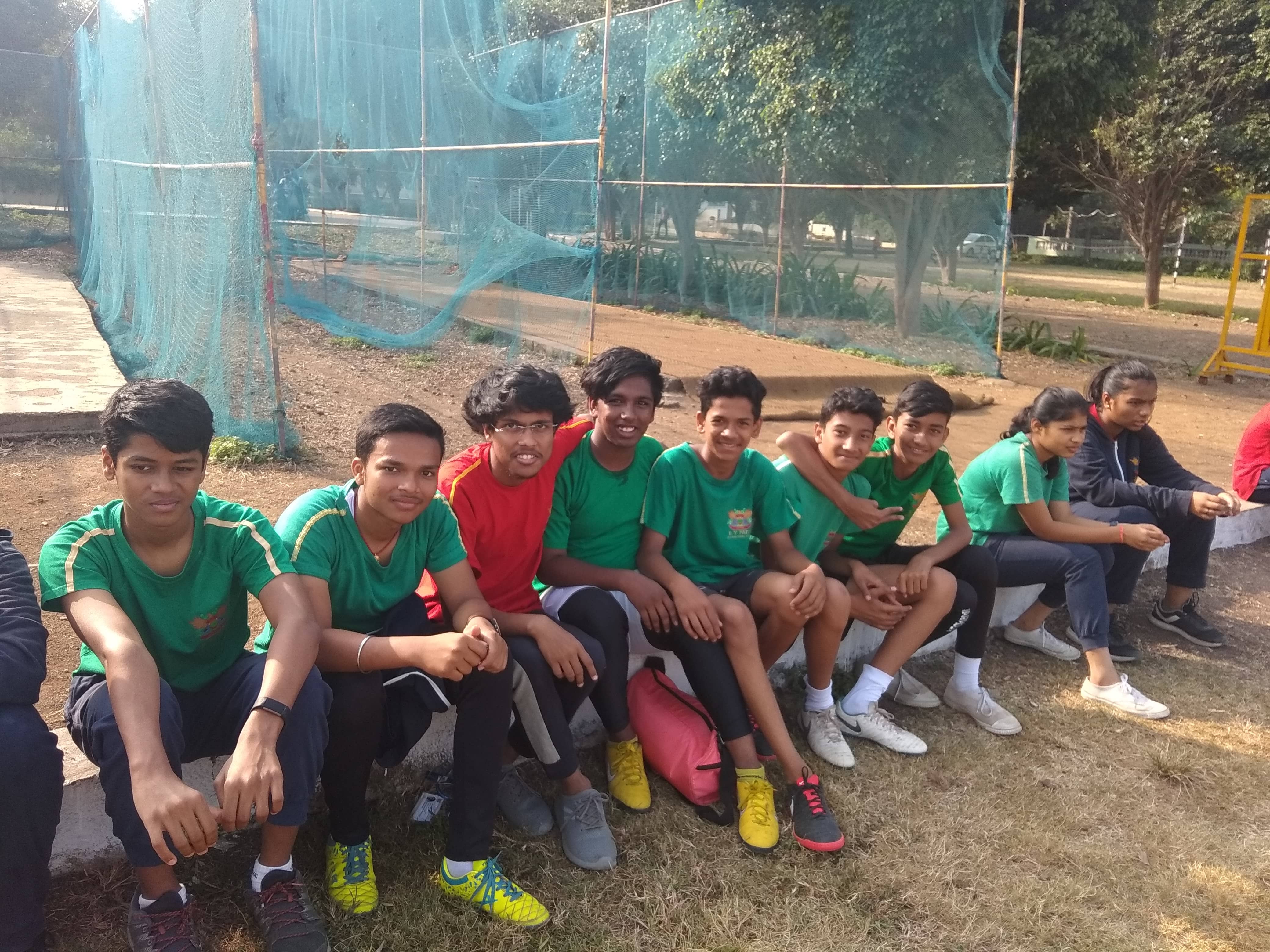
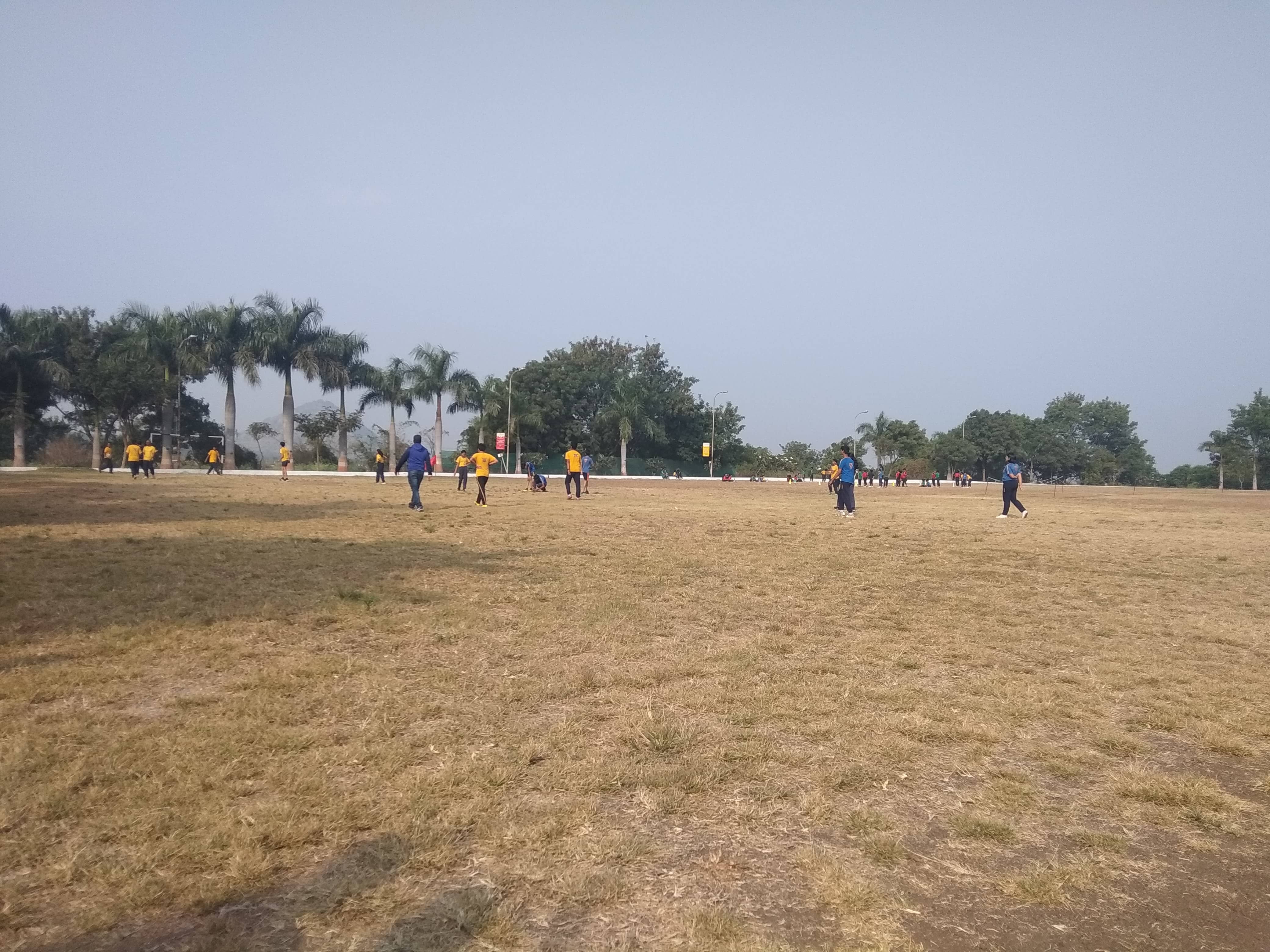
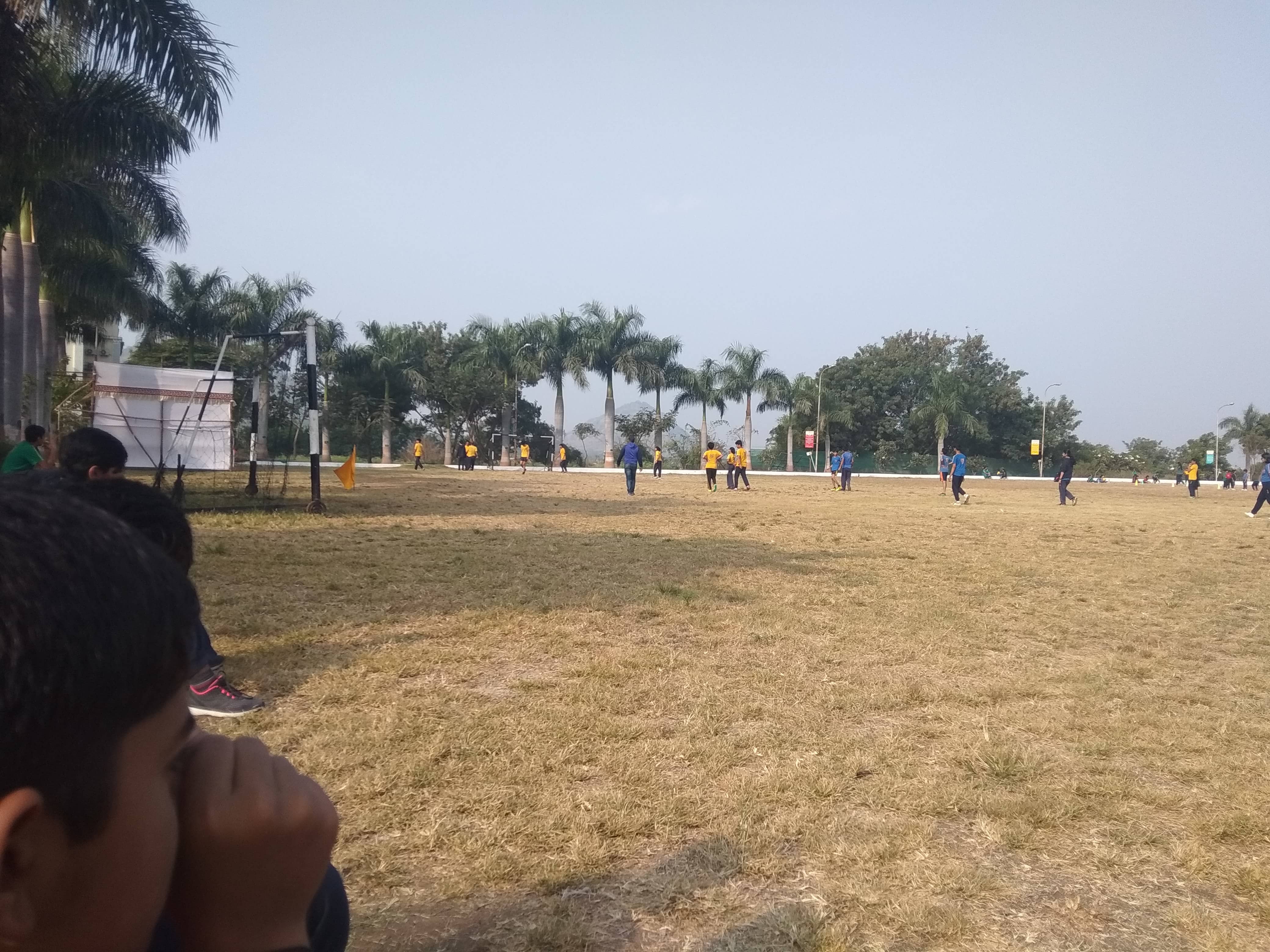
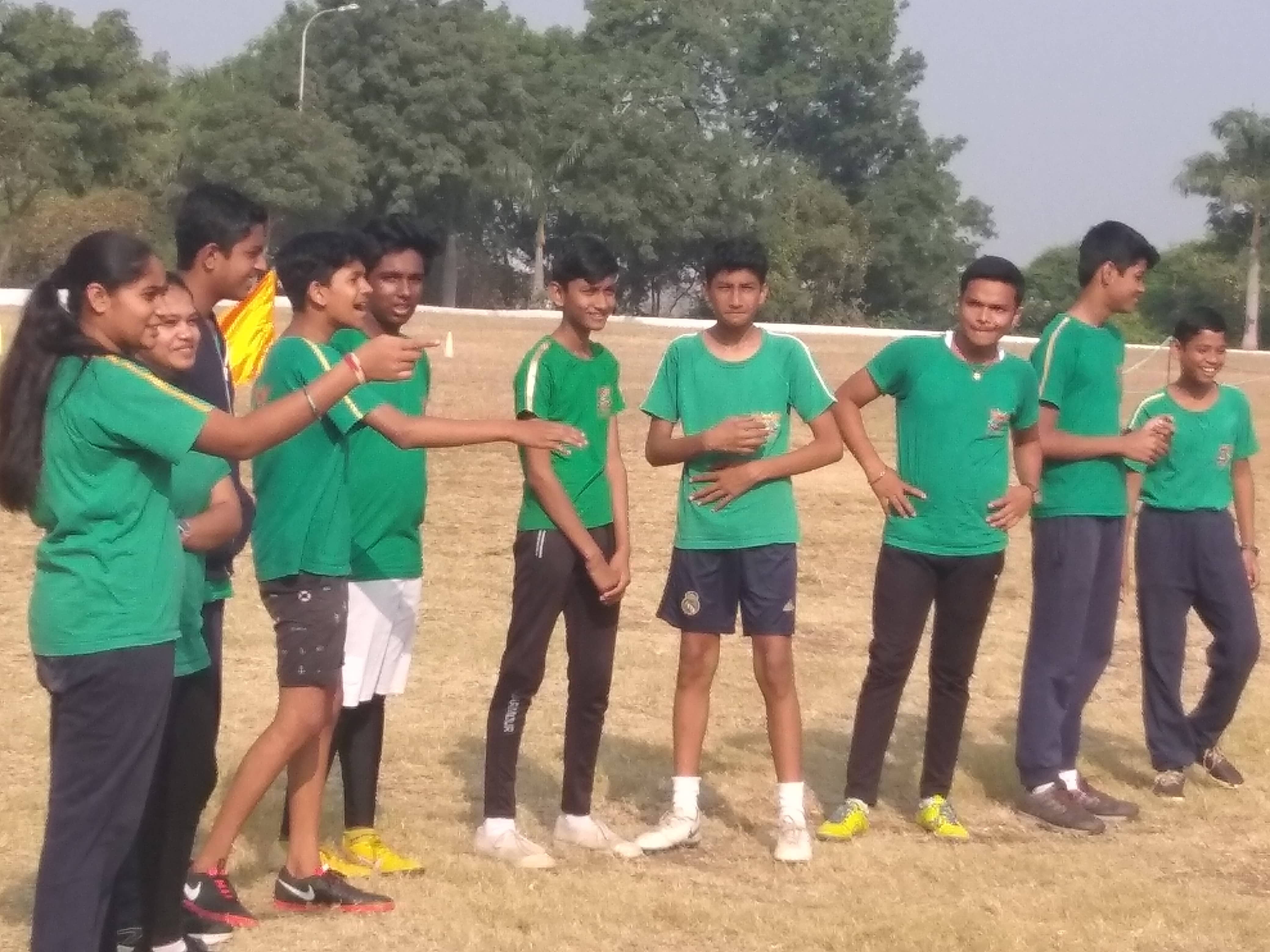
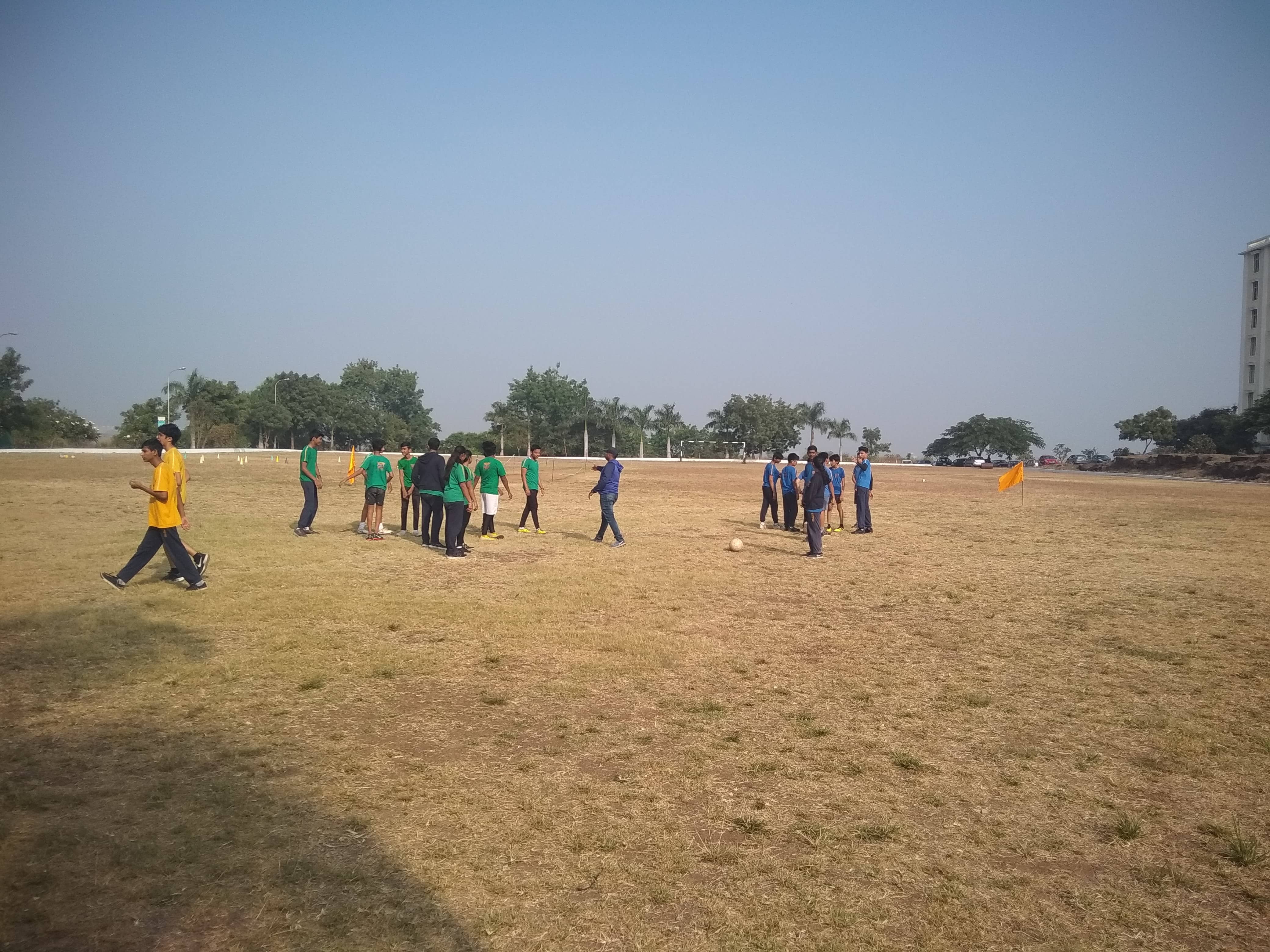
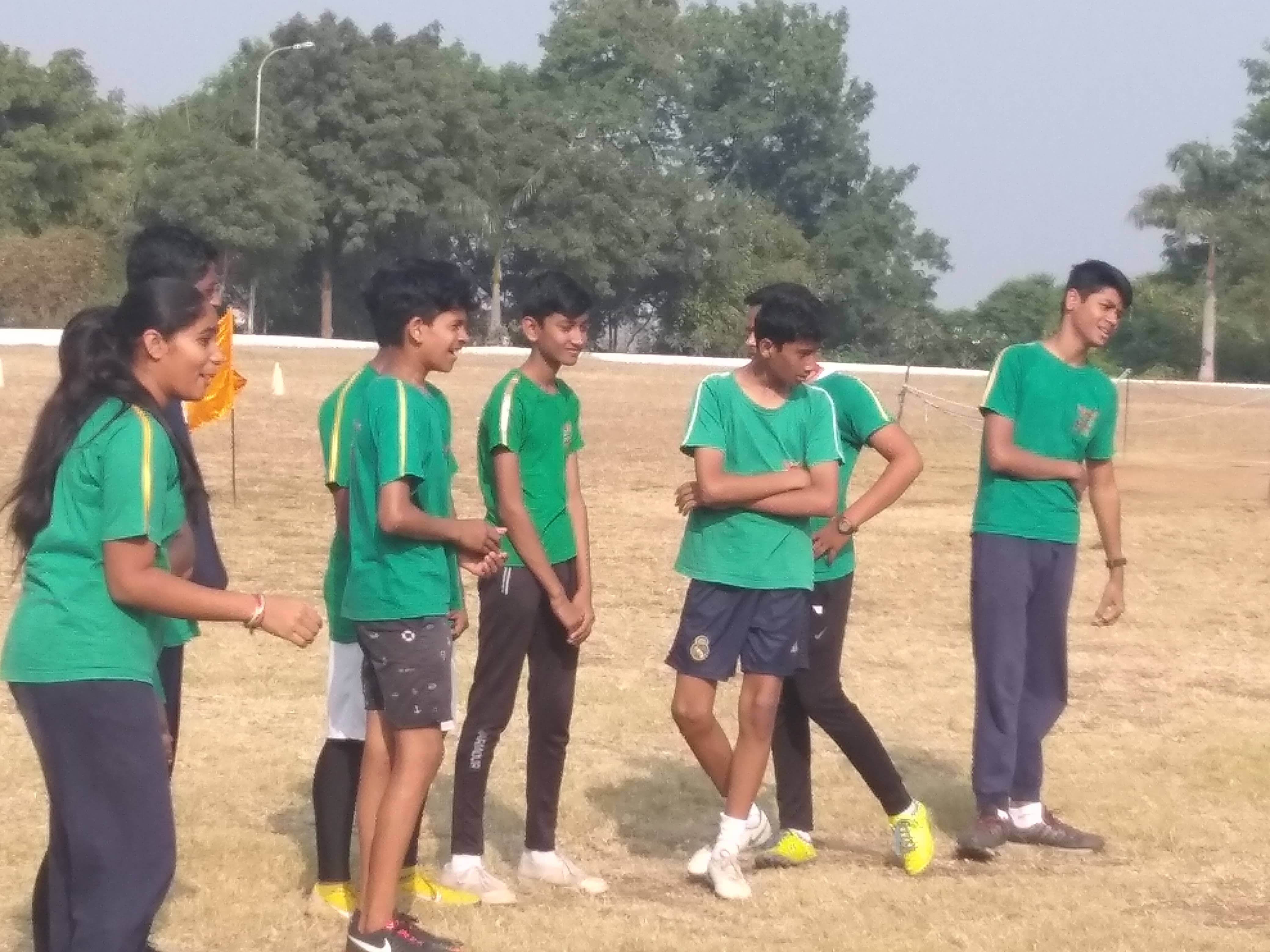
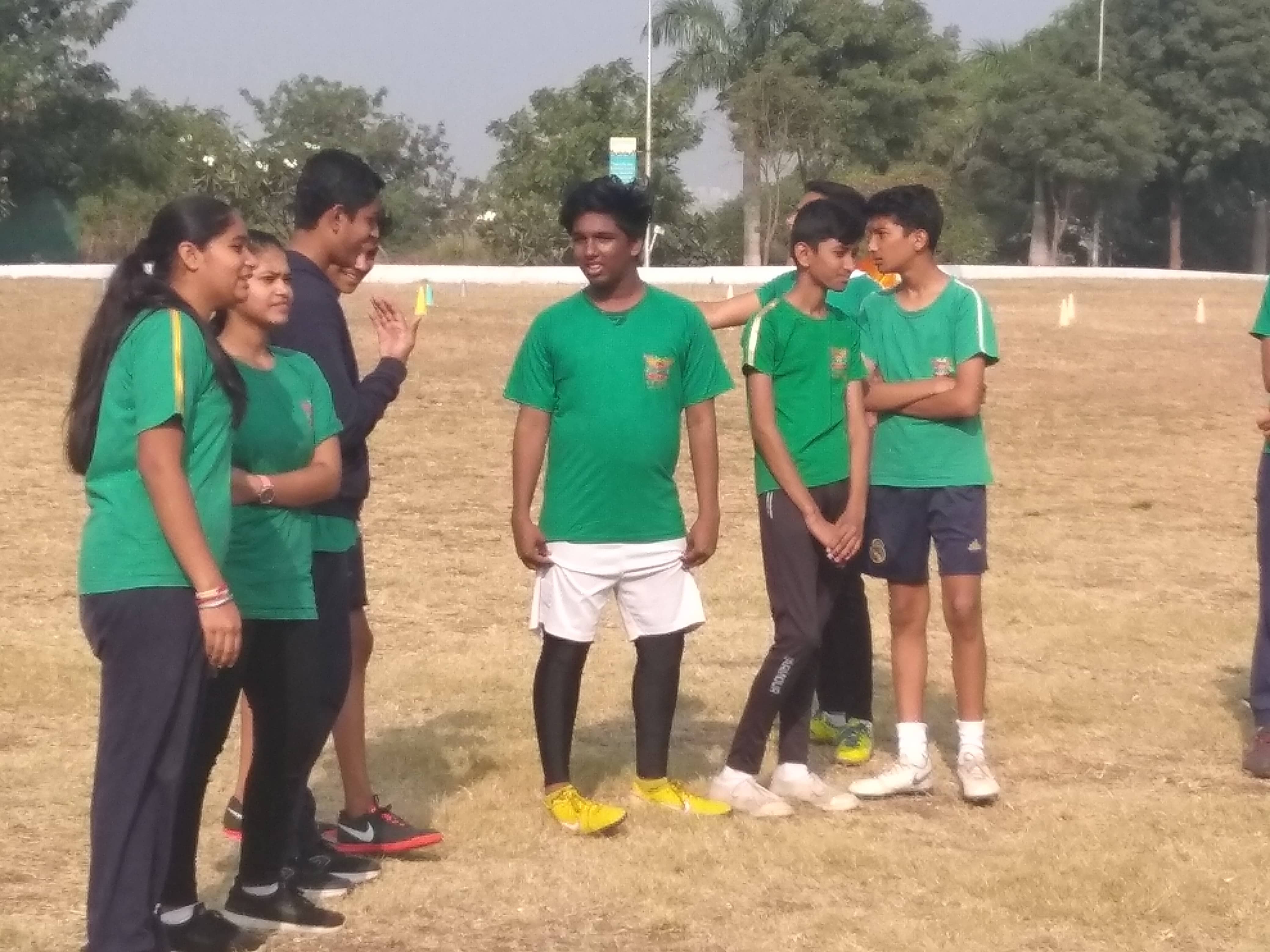
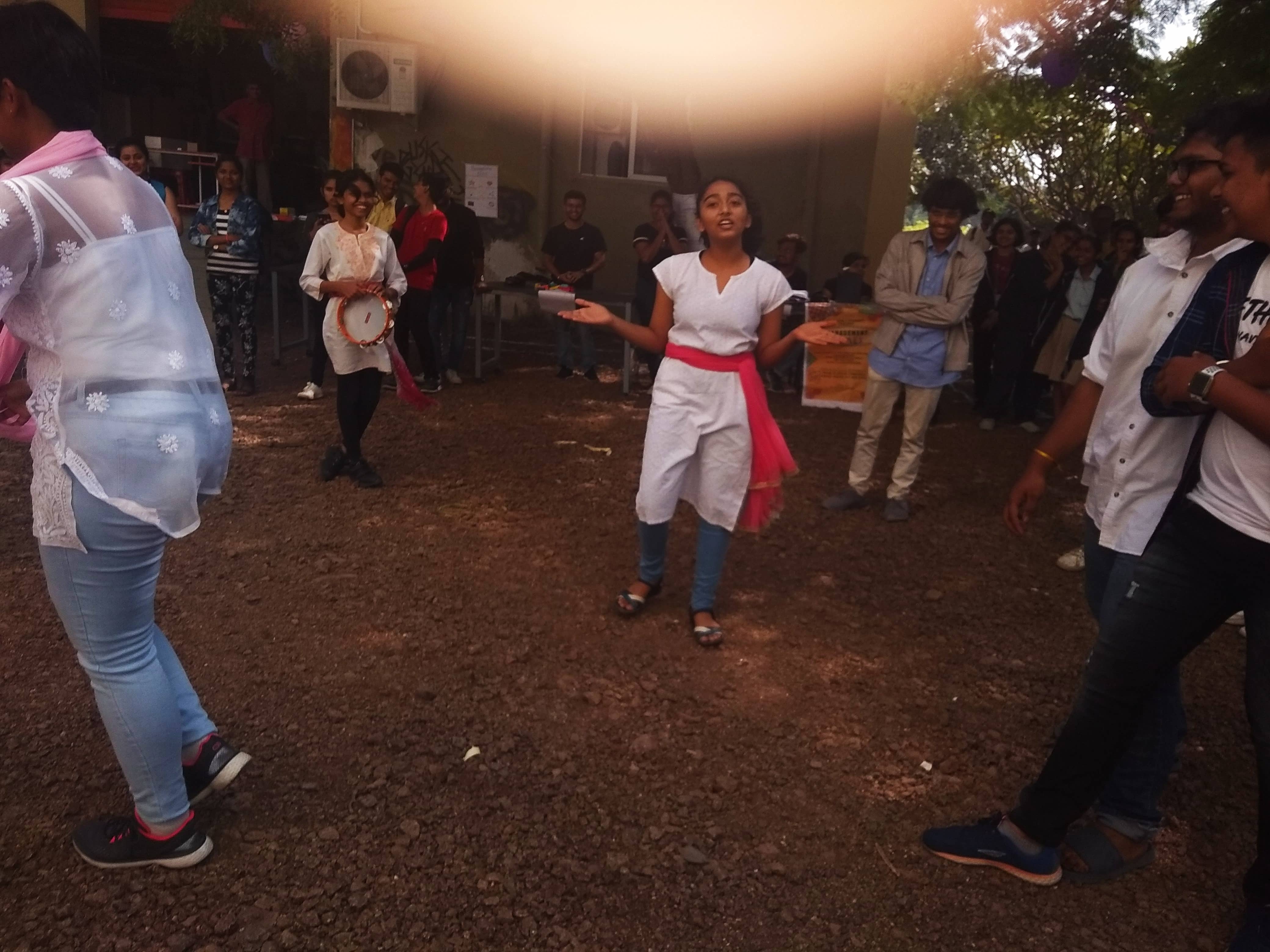
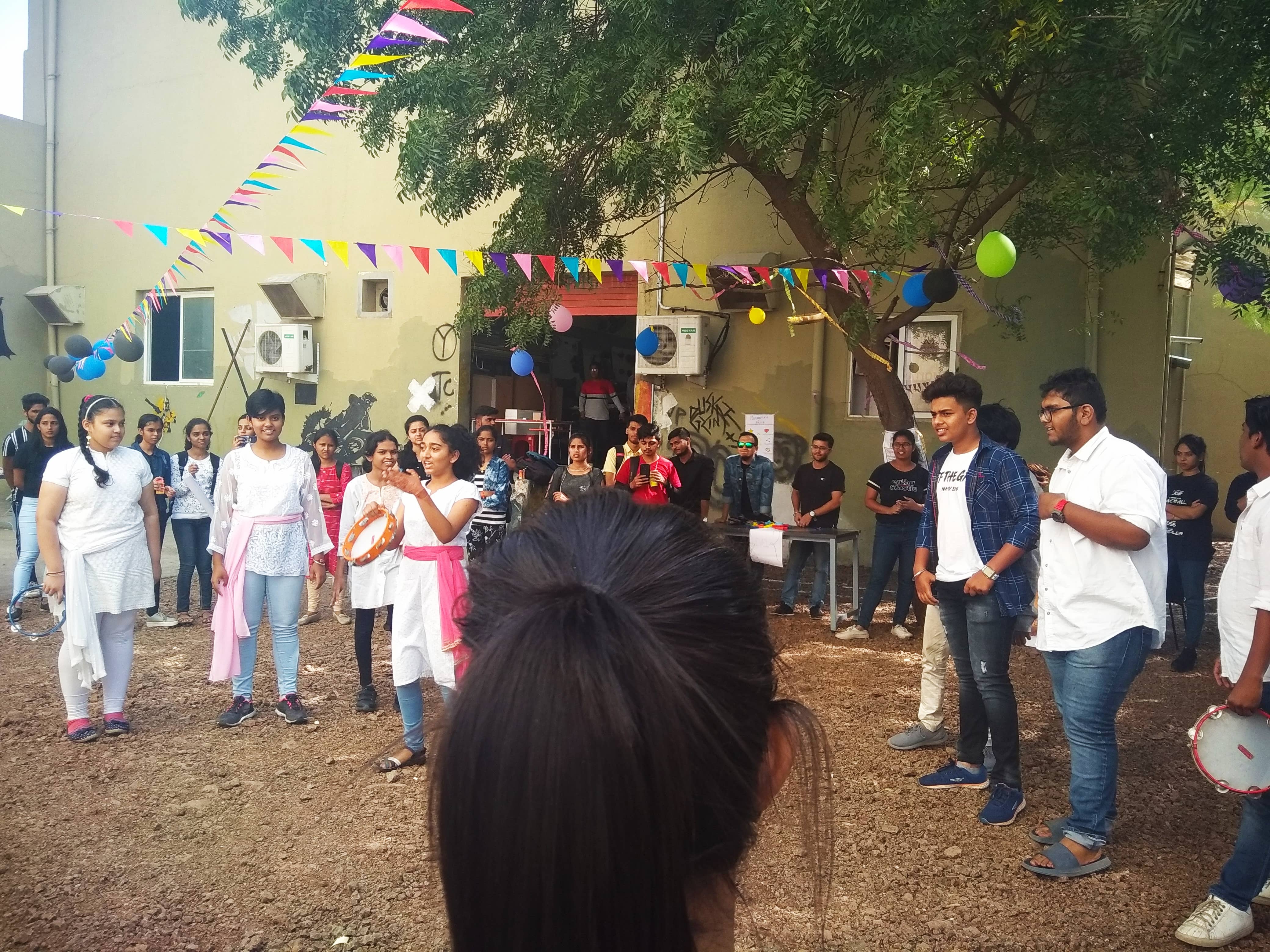
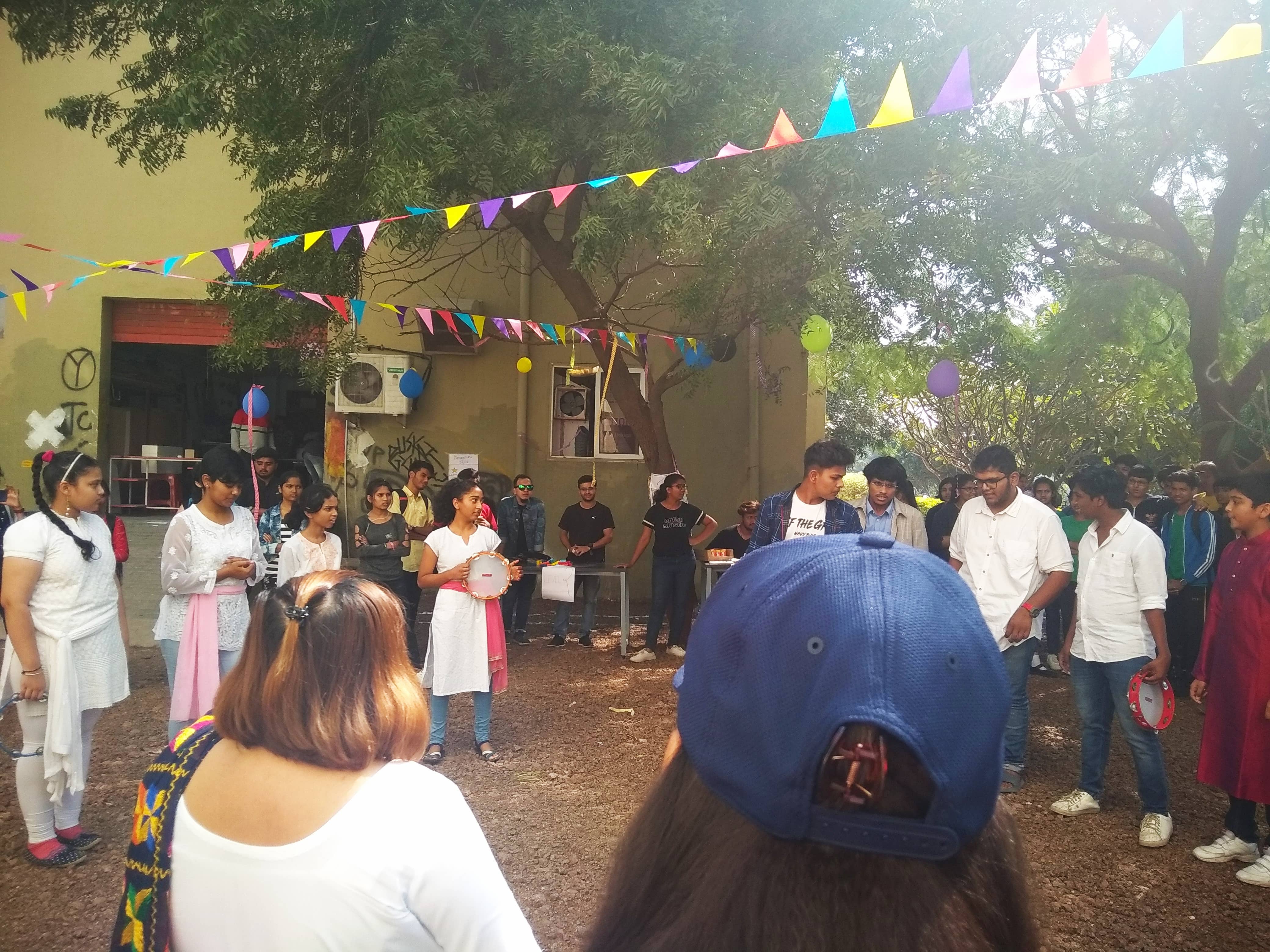
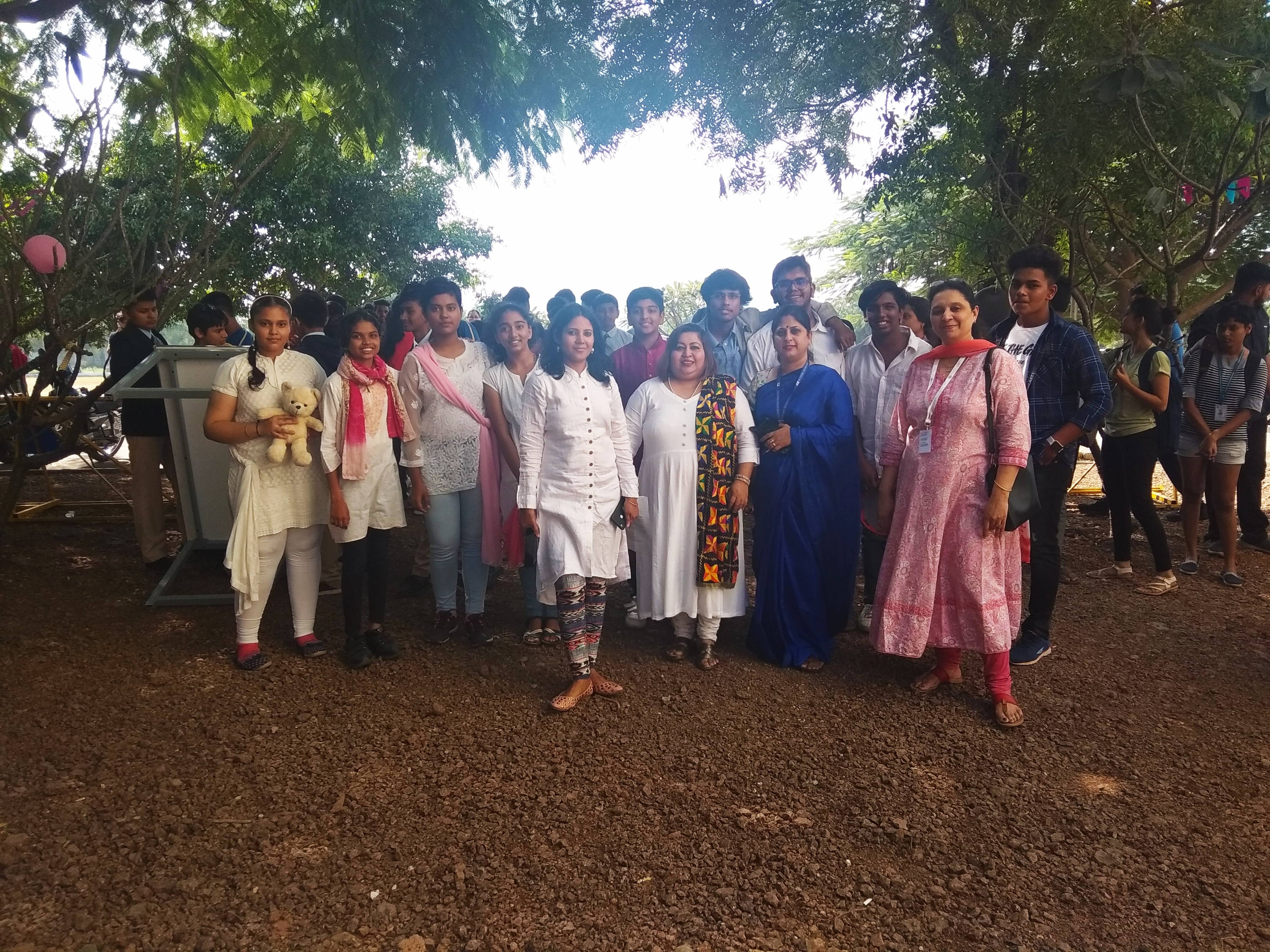
Theory of Knowledge
Aims and Description
Theory of knowledge (TOK) is a course about critical thinking and inquiring into the process of knowing, rather than about learning a specific body of knowledge. It plays a special role in the DP by providing an opportunity for students to reflect on the nature of knowledge, to make connections between areas of knowledge and to become aware of their own perspectives and those of the various groups whose knowledge they share. It is a core element undertaken by all DP students, and schools are required to devote at least 100 hours of class time to the course. The overall aim of TOK is to encourage students to formulate answers to the question “how do you know?” in a variety of contexts, and to see the value of that question. This allows students to develop an enduring fascination with the richness of knowledge.
The aims of the TOK course are to:
- Using history and at least one other area of knowledge, examine the claim that it is possible to attain knowledge despite problems of bias and selection.
- “It is a capital mistake to theorize before one has data. Insensibly one begins to twist facts to suit theories, instead of theories to suit facts” (Arthur Conan Doyle). Consider the extent to which this statement may be true in two or more areas of knowledge.
- In what ways may disagreement aid the pursuit of knowledge in the natural and human sciences?
Extended Essay
Aims and Description
The extended essay is a compulsory, externally assessed piece of independent research into a topic chosen by the student and presented as a formal piece of academic writing. The extended essay is intended to promote high-level research and writing skills, intellectual discovery and creativity while engaging students in personal research. This leads to a major piece of formally presented, structured writing of up to 4,000 words in which ideas and findings are communicated in a reasoned, coherent and appropriate manner. Students are guided through the process of research and writing by an assigned supervisor (a teacher in the school). All students undertake three mandatory reflection sessions with their supervisor, including a short interview, or viva voce, following the completion of the extended essay. Extended essay topics may be chosen from a list of approved DP subjects—normally one of the student’s six chosen subjects for the IB diploma or the world studies option. World studies provides students with the opportunity to carry out an in-depth interdisciplinary study of an issue of contemporary global significance, using two IB disciplines. The aims of the extended essay are to provide students with the opportunity to:
- engage in independent research with intellectual initiative and rigour
- develop research, thinking, self-management and communication skills
- reflect on what has been learned throughout the research and writing process.
- What is the relationship between the length of an exhaust pipe and the frequency of the sound it emits?
- How far was the Christian Democrat victory in the Italian elections of 1948 influenced by Cold War tensions?
- How effective is Friedrich Dürrenmatt’s use of colour to convey his message in the play Der Besuch der alten Dame?
Sample extended essay topics
- About DYPIC
- Admissions
- Academics
- Quick Links
- Contact Us
District : Pune
Address: Charoli Bk.via Lohegaon,
District Pune, Maharashtra 412 105, India
Phone :
+91-020-27409601 Extension 7715
+91-020-27409652 Extension 7715
+91-020-27409653 Extension 7715
For all other times:- +91 7219761791
Email : [email protected]
